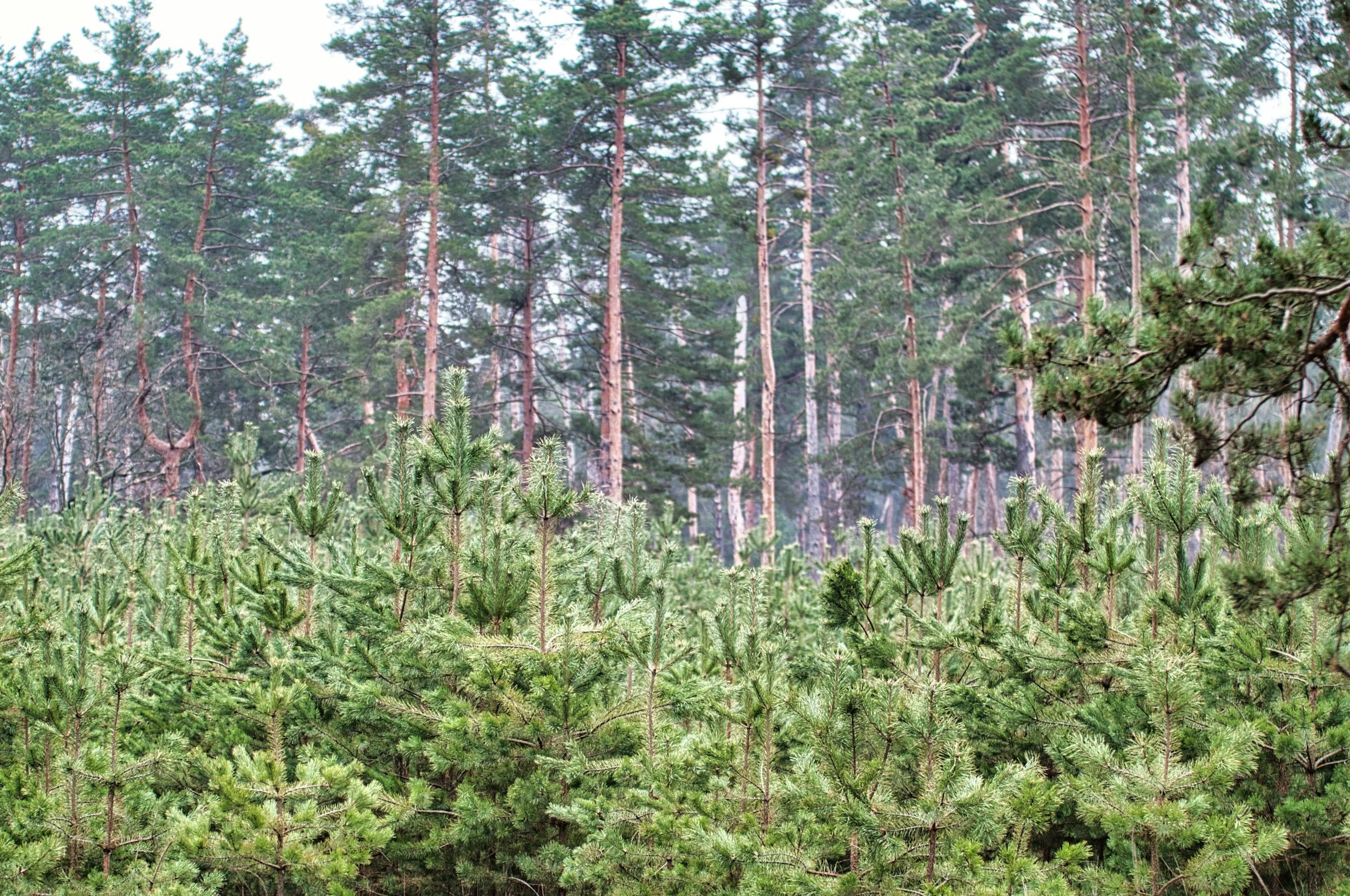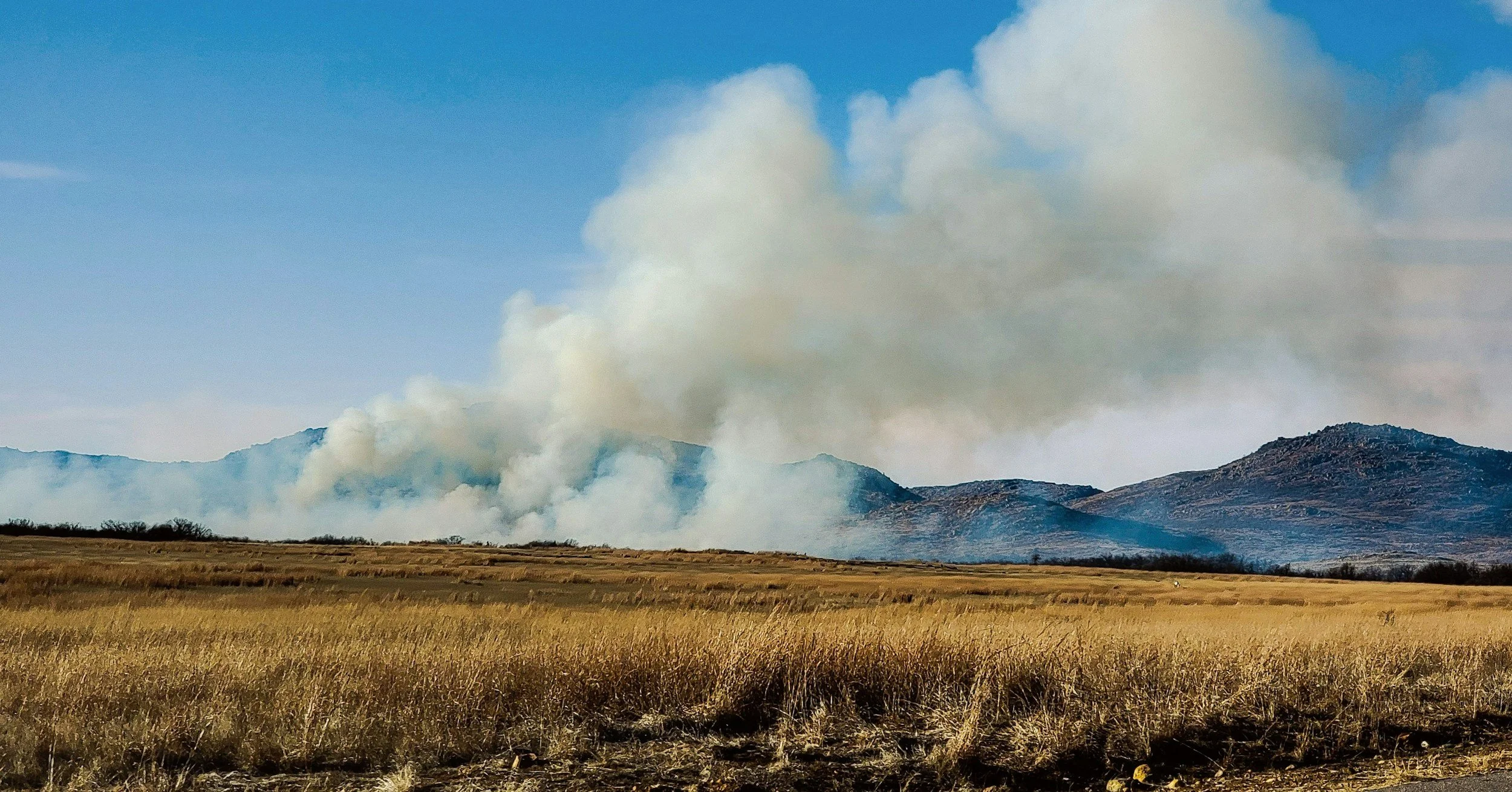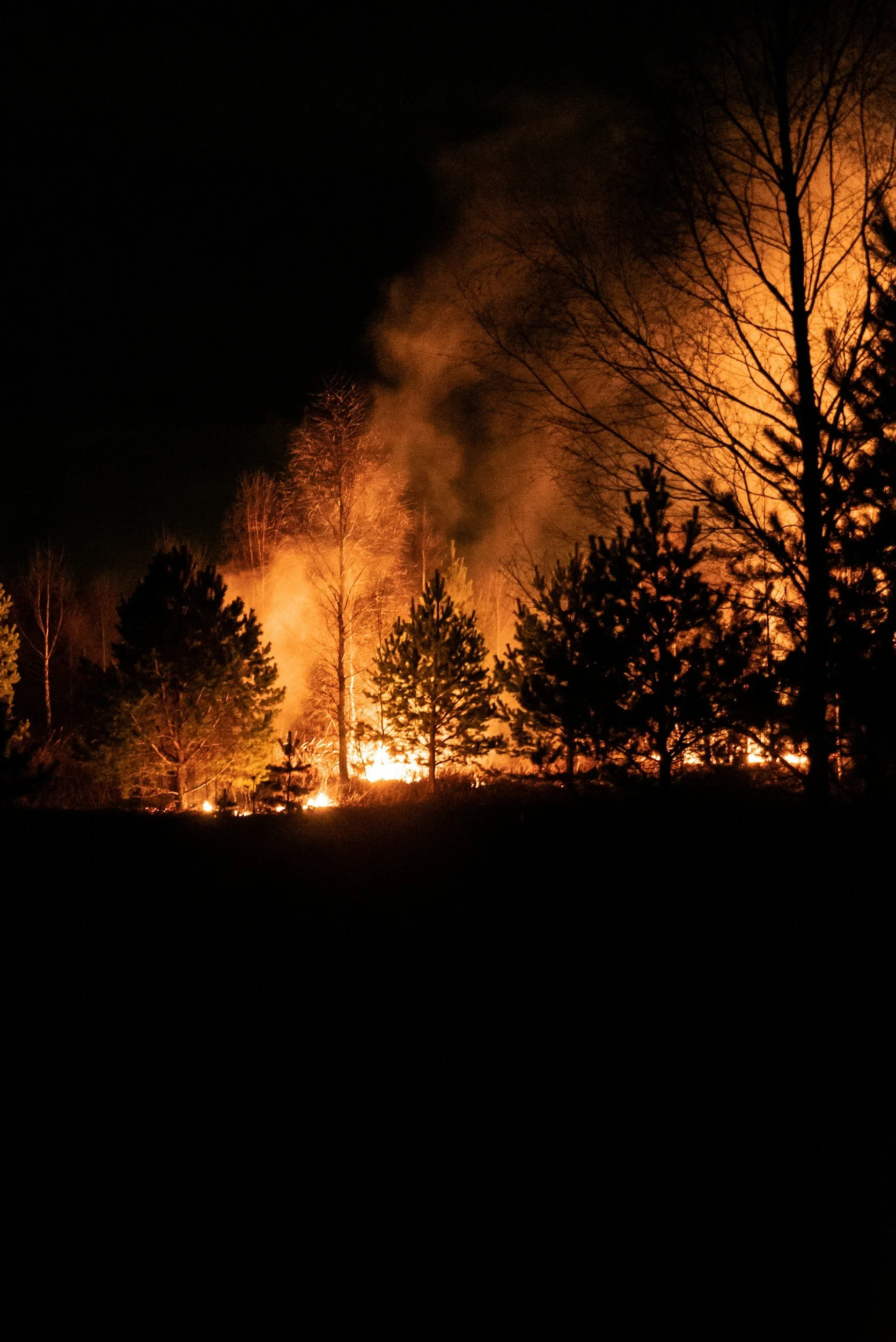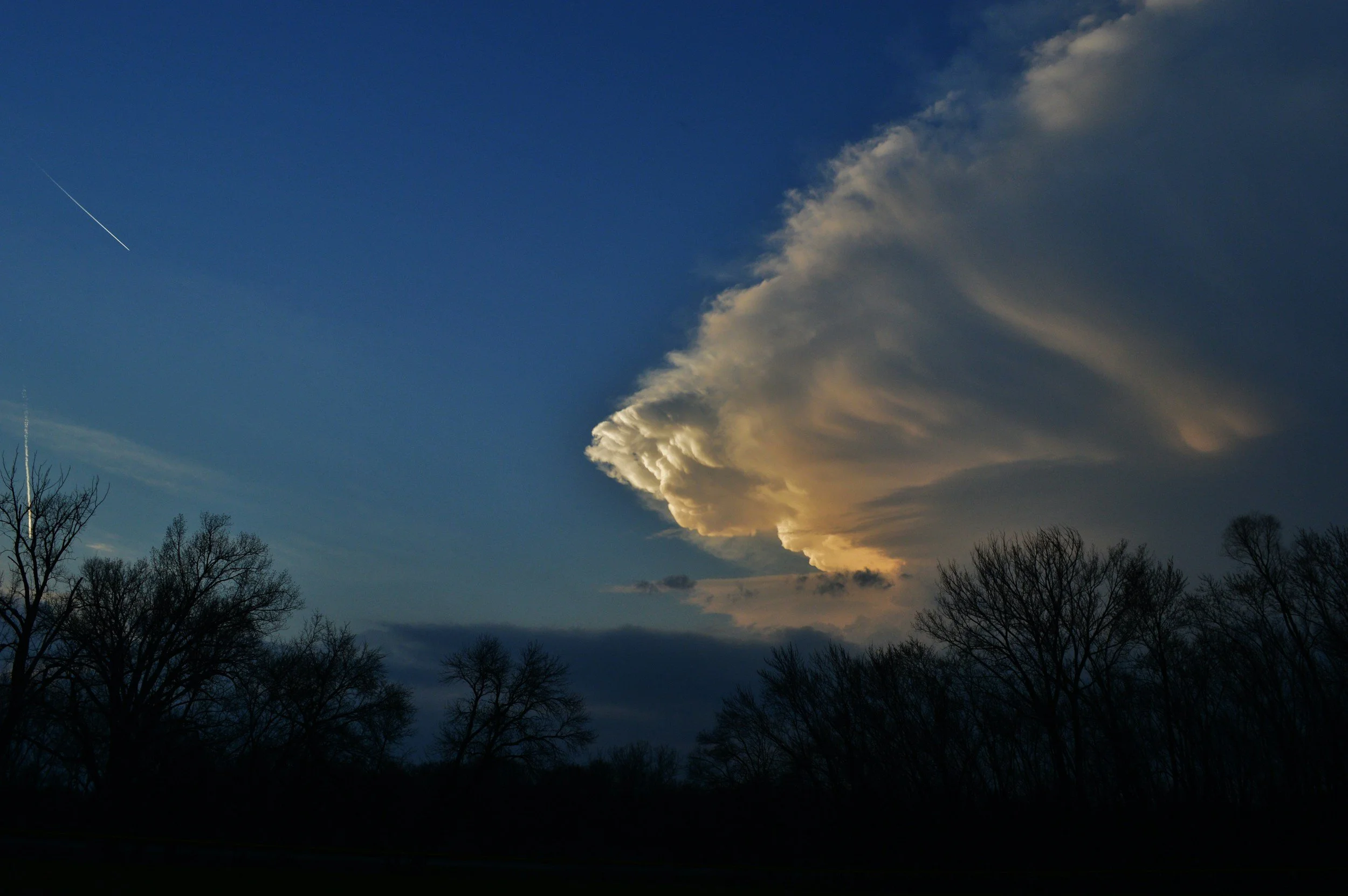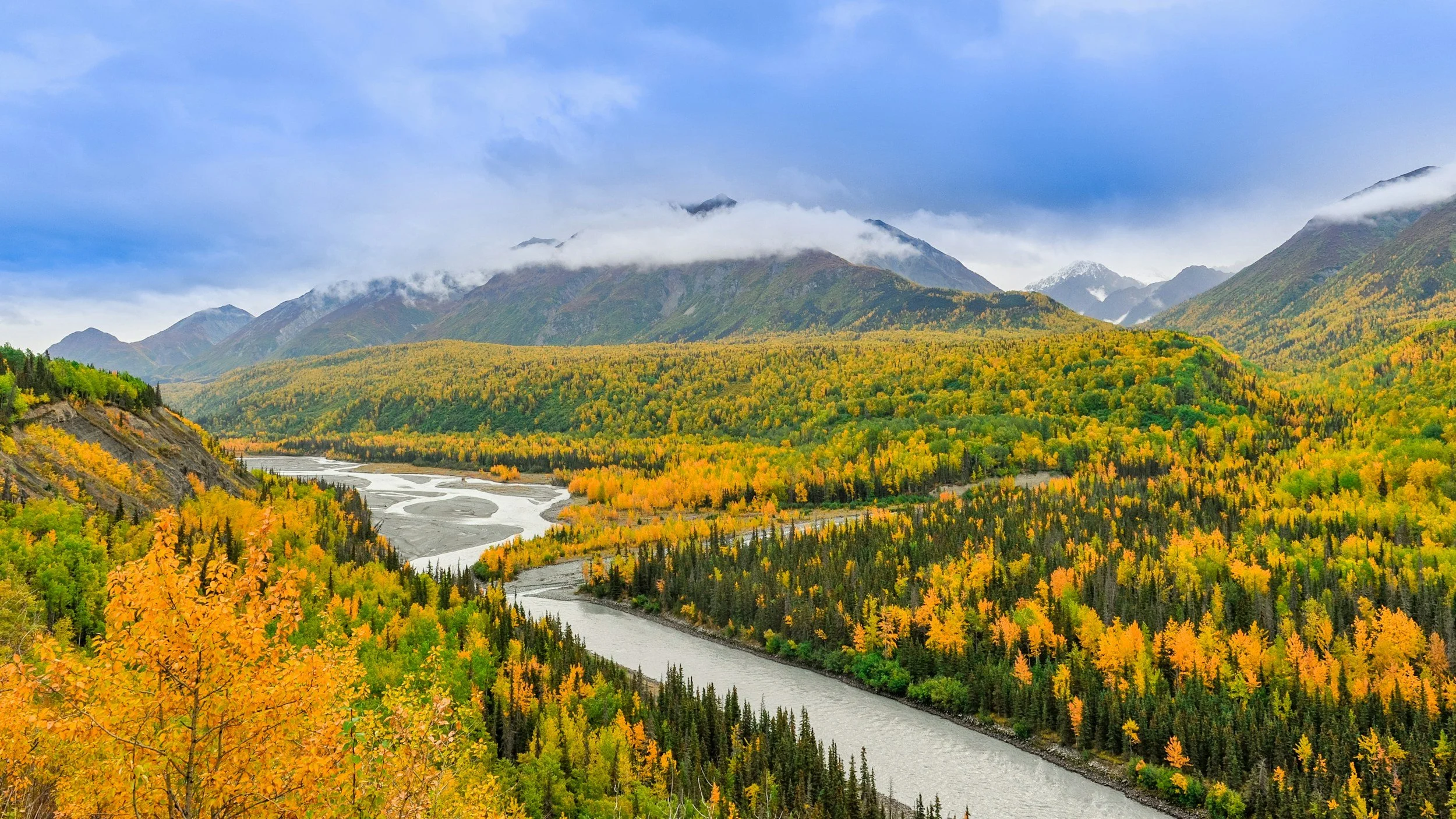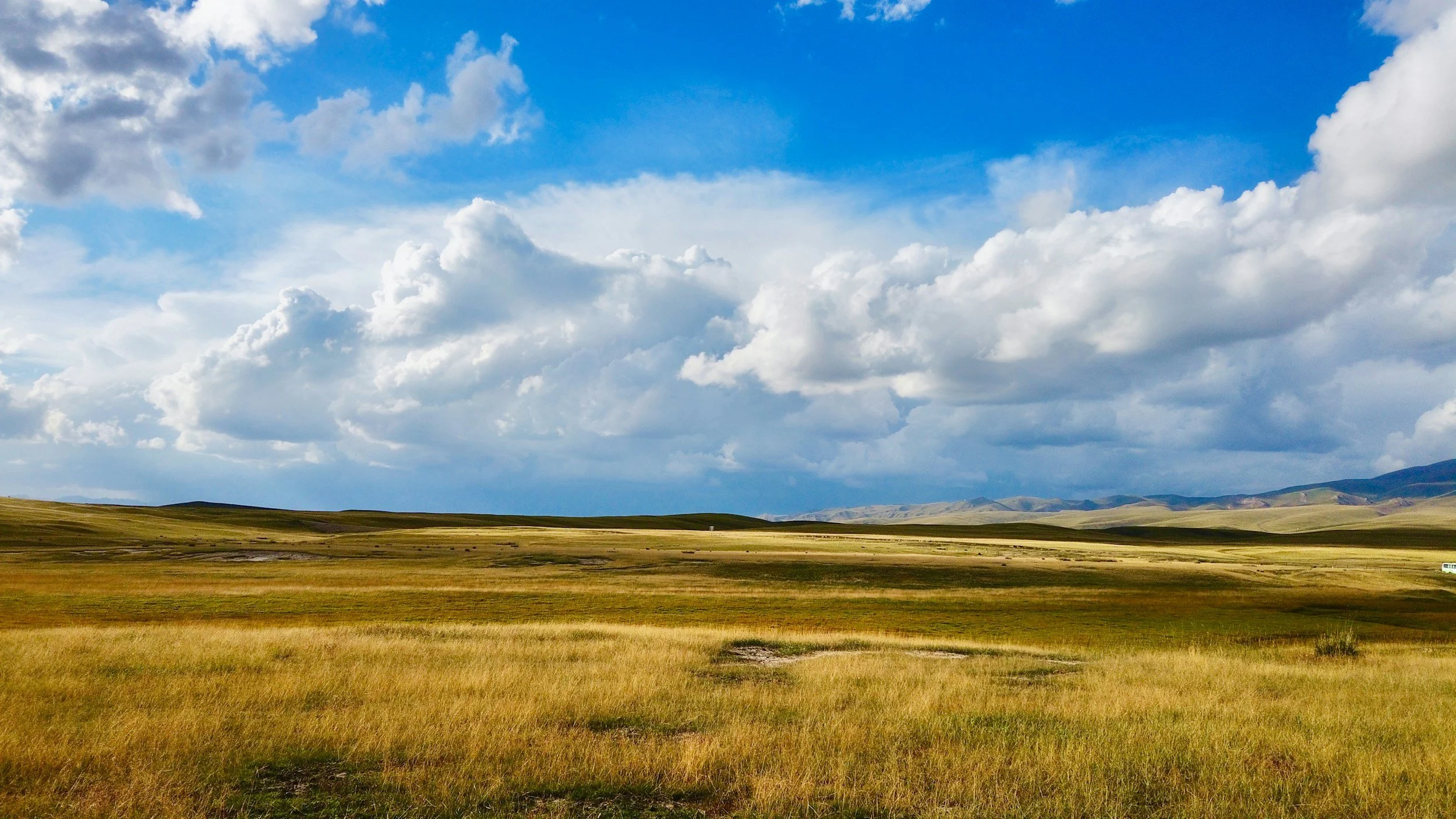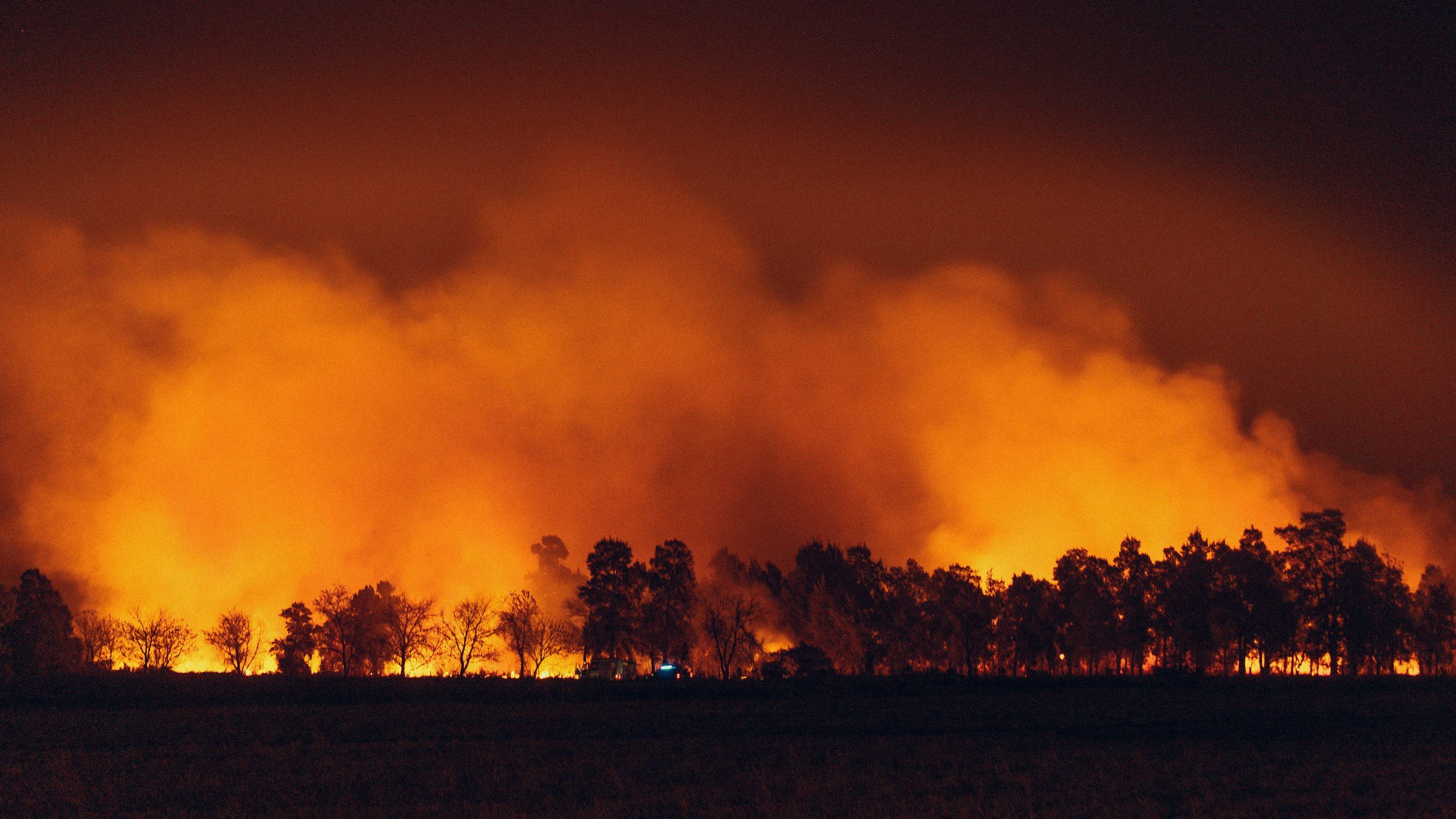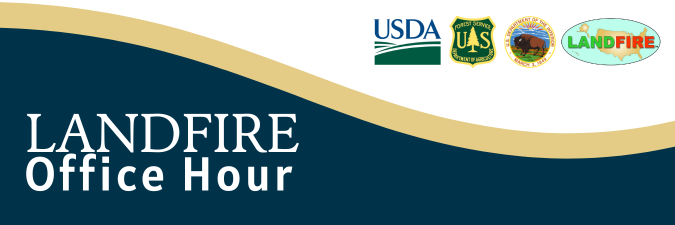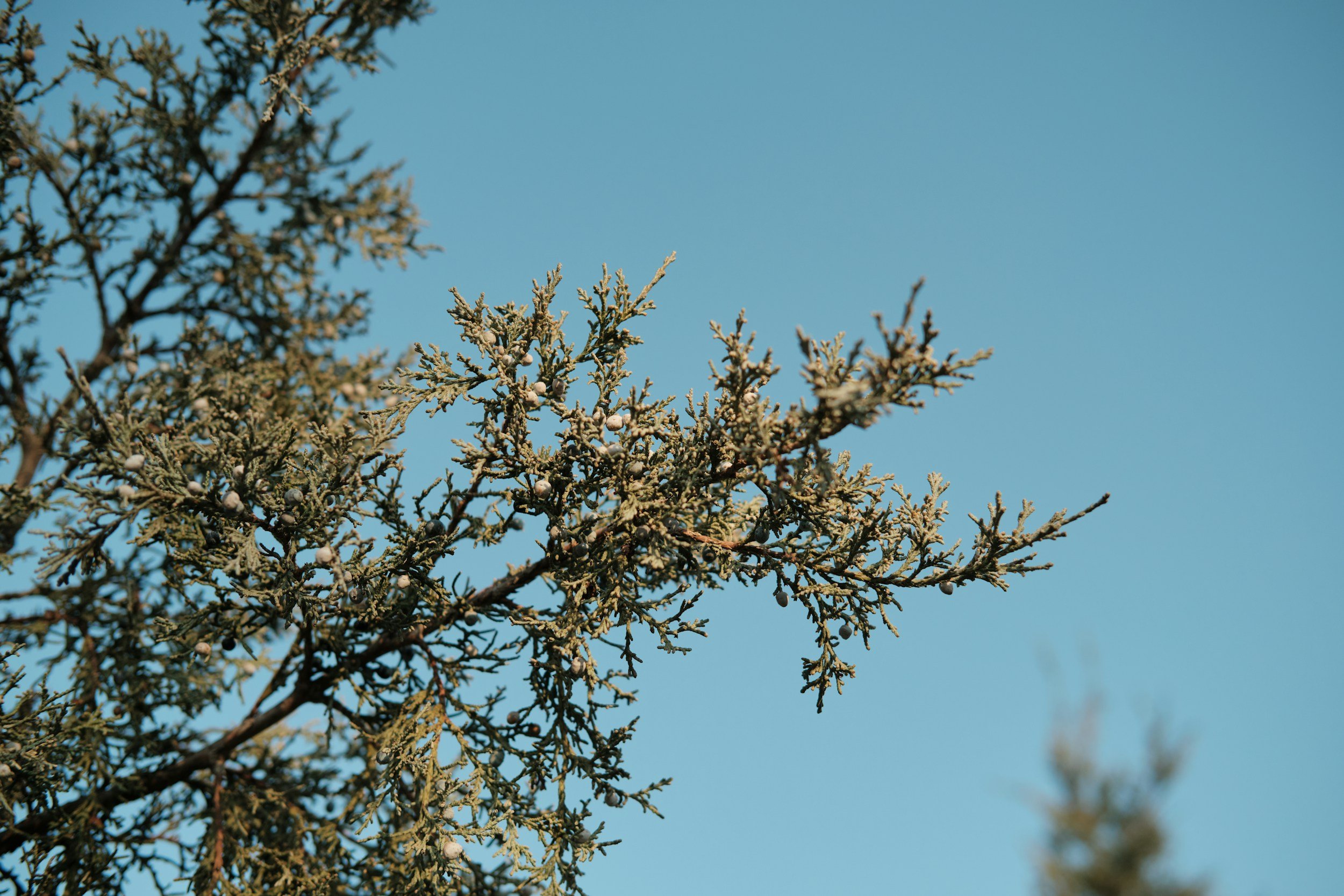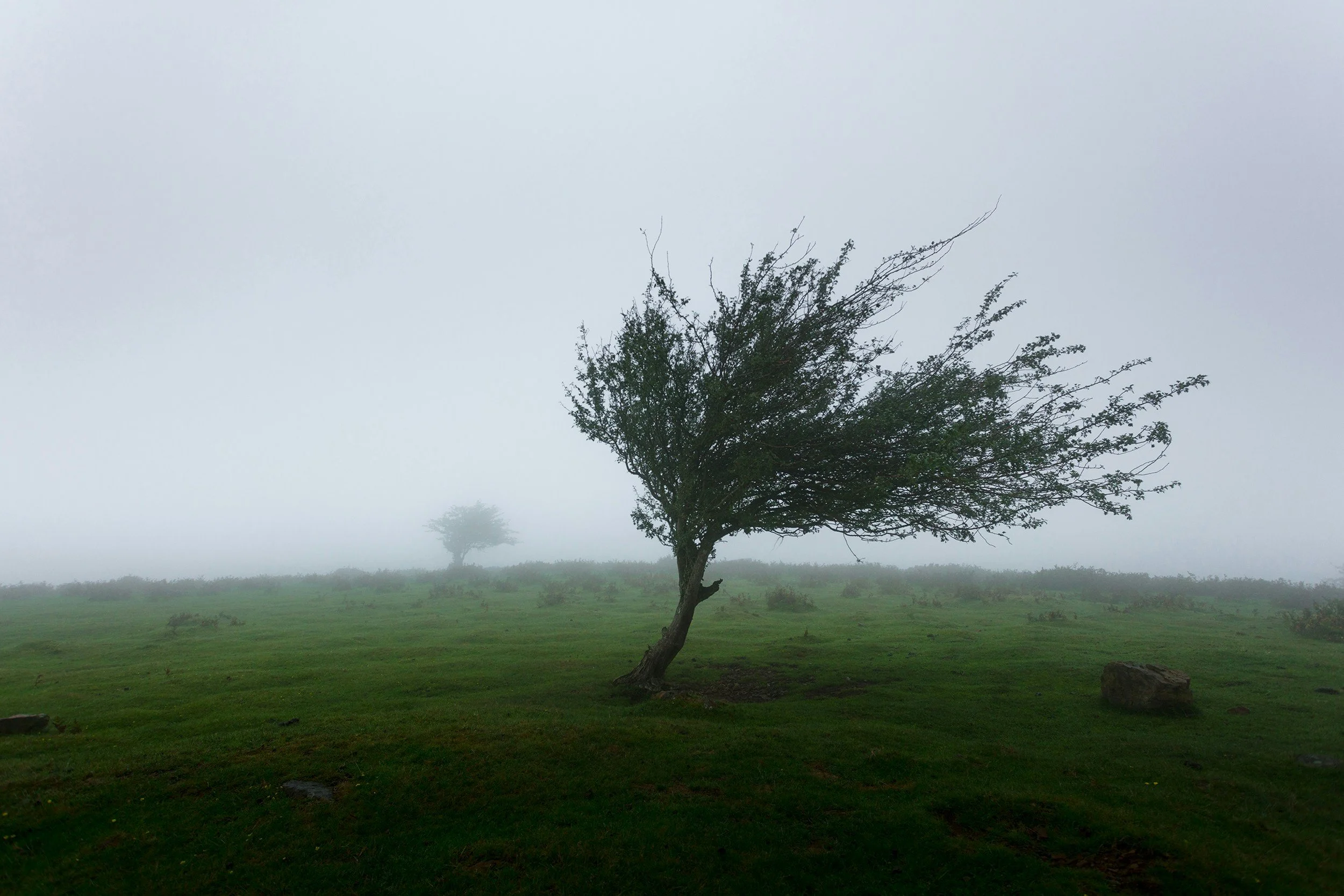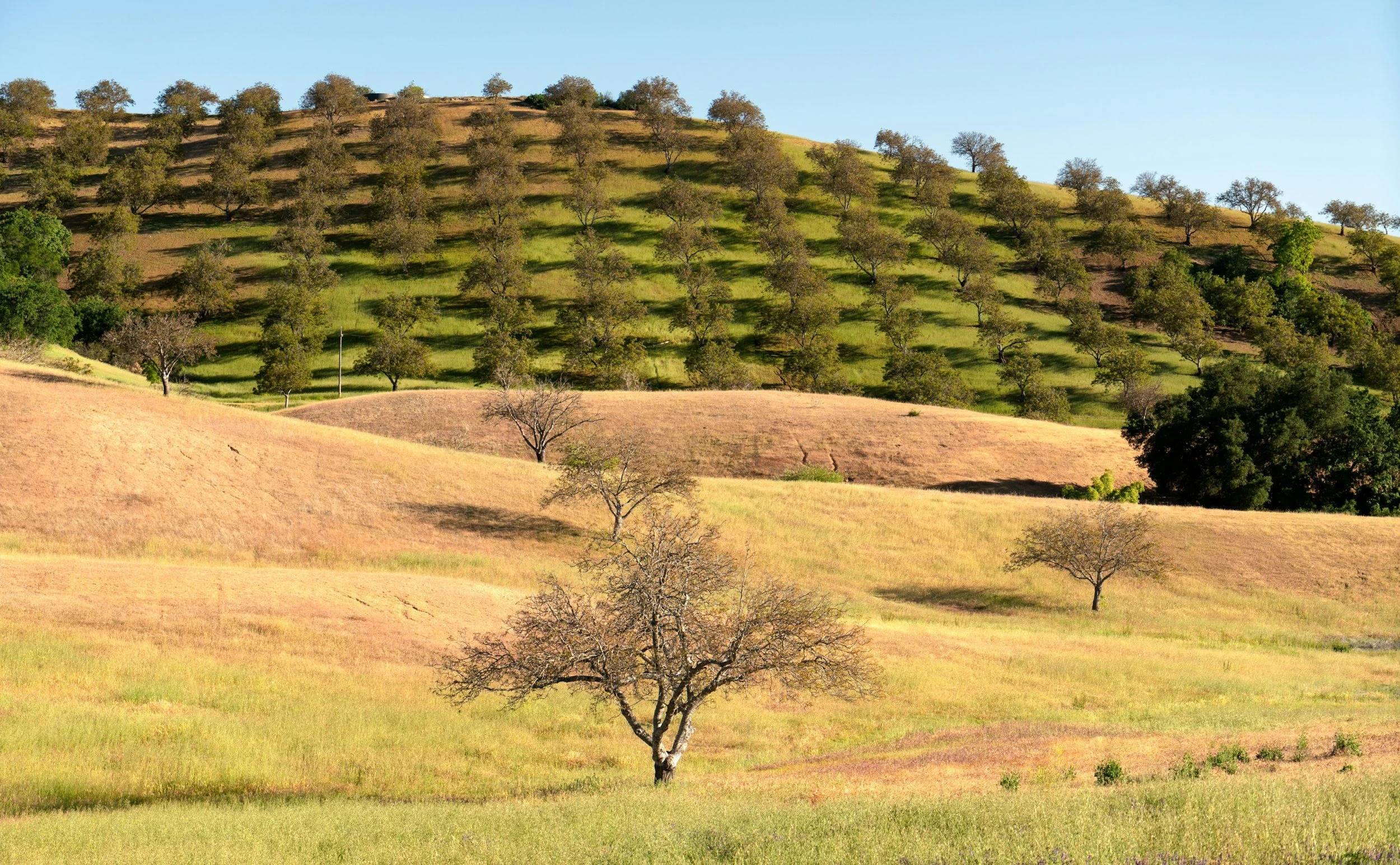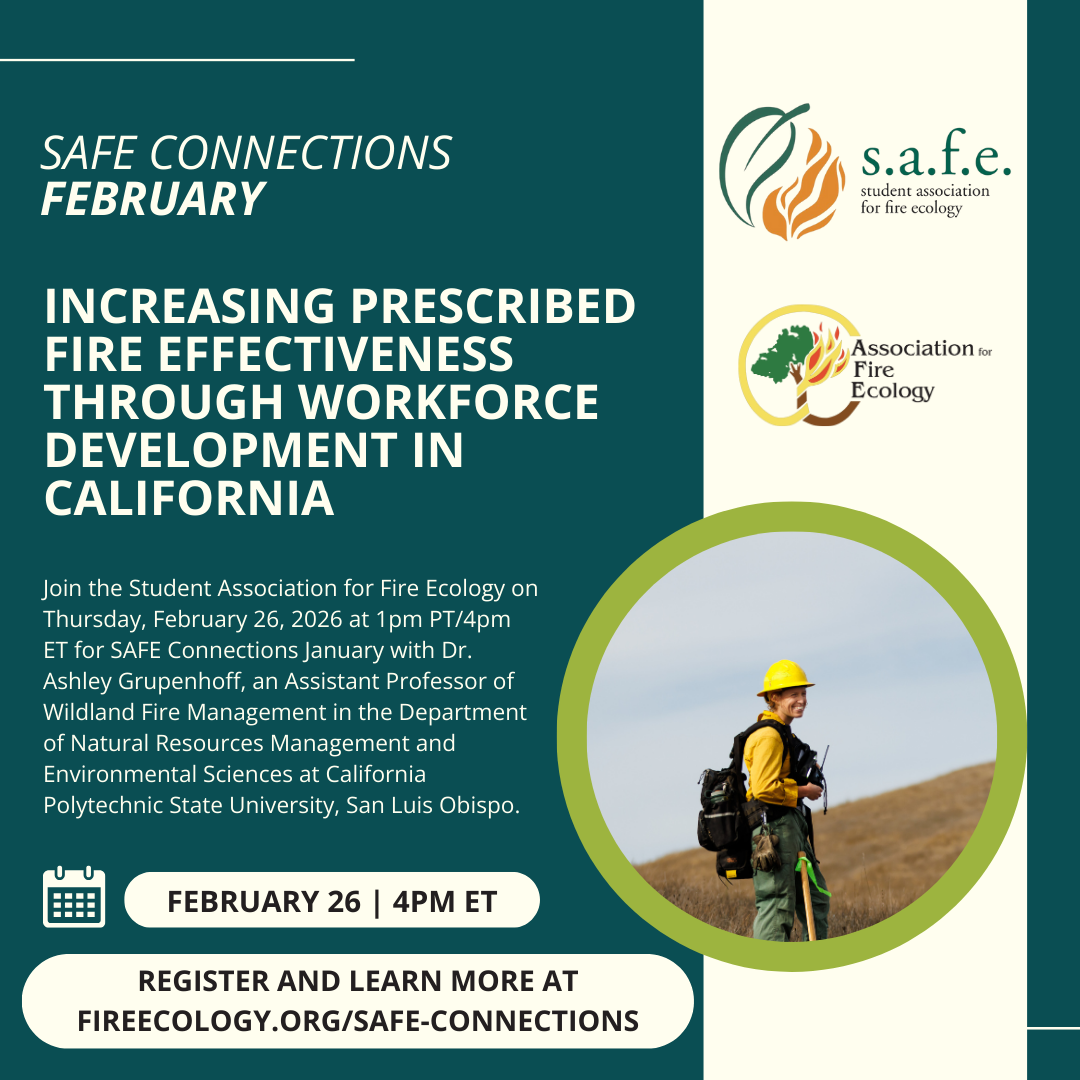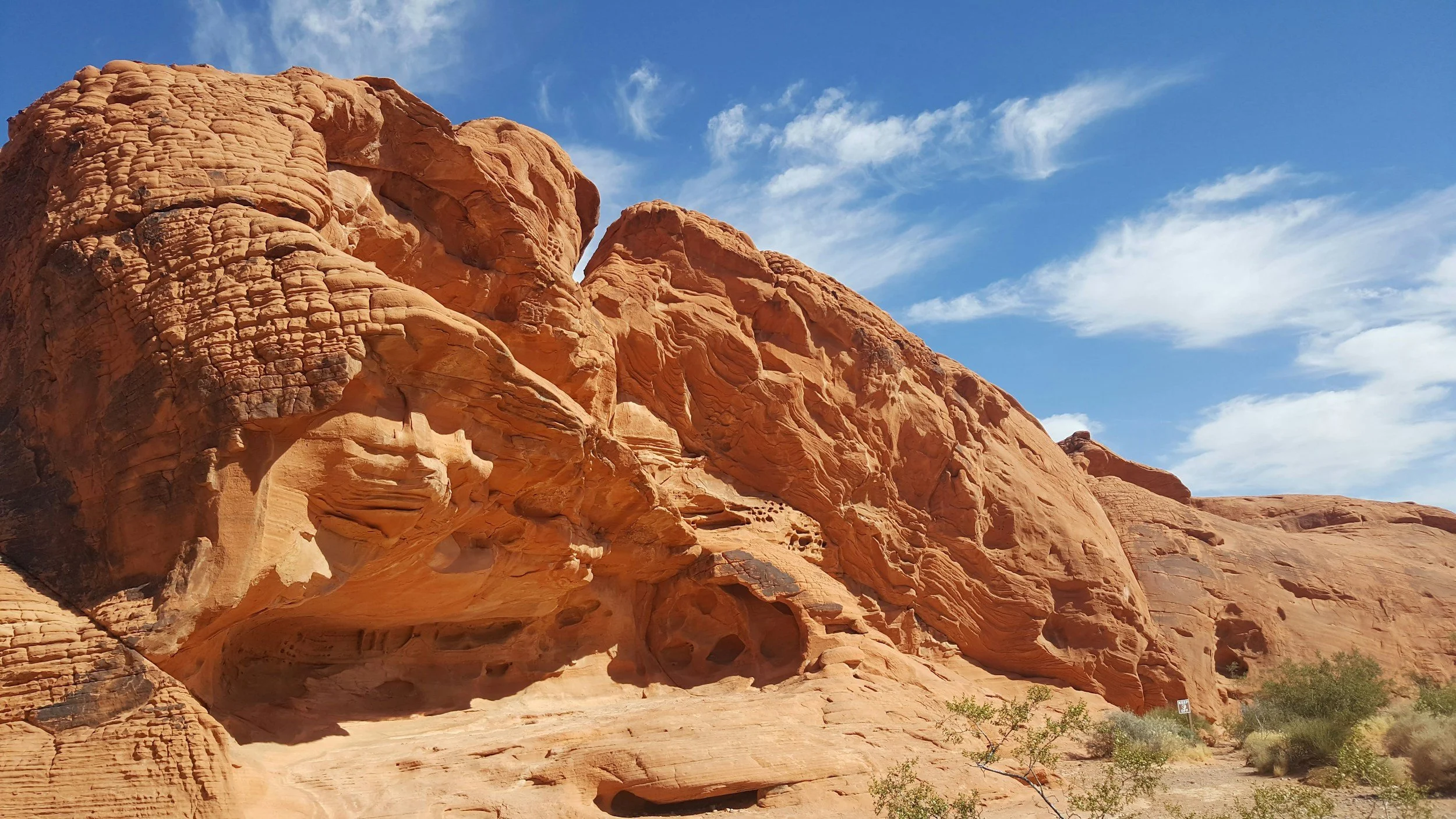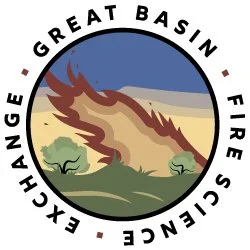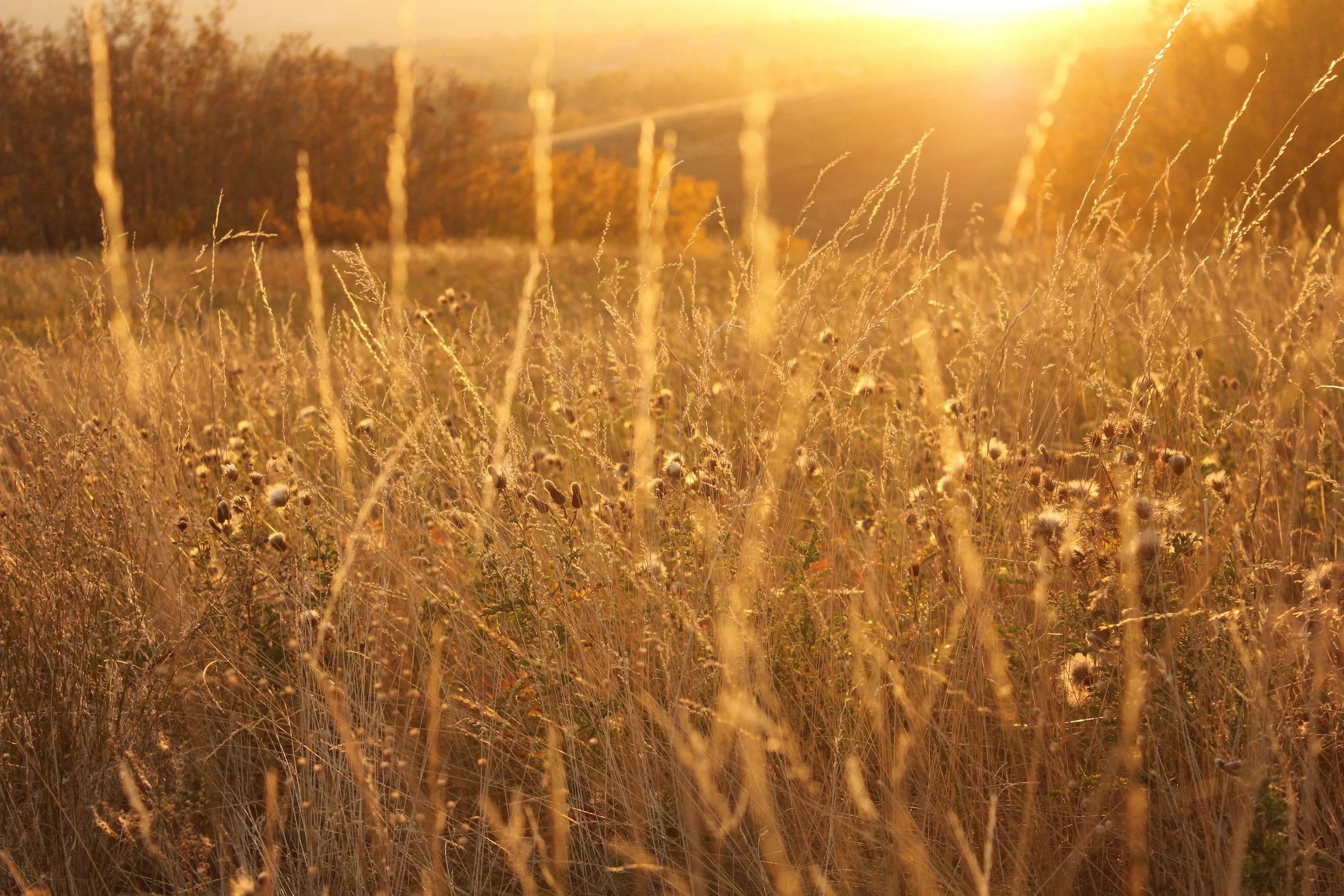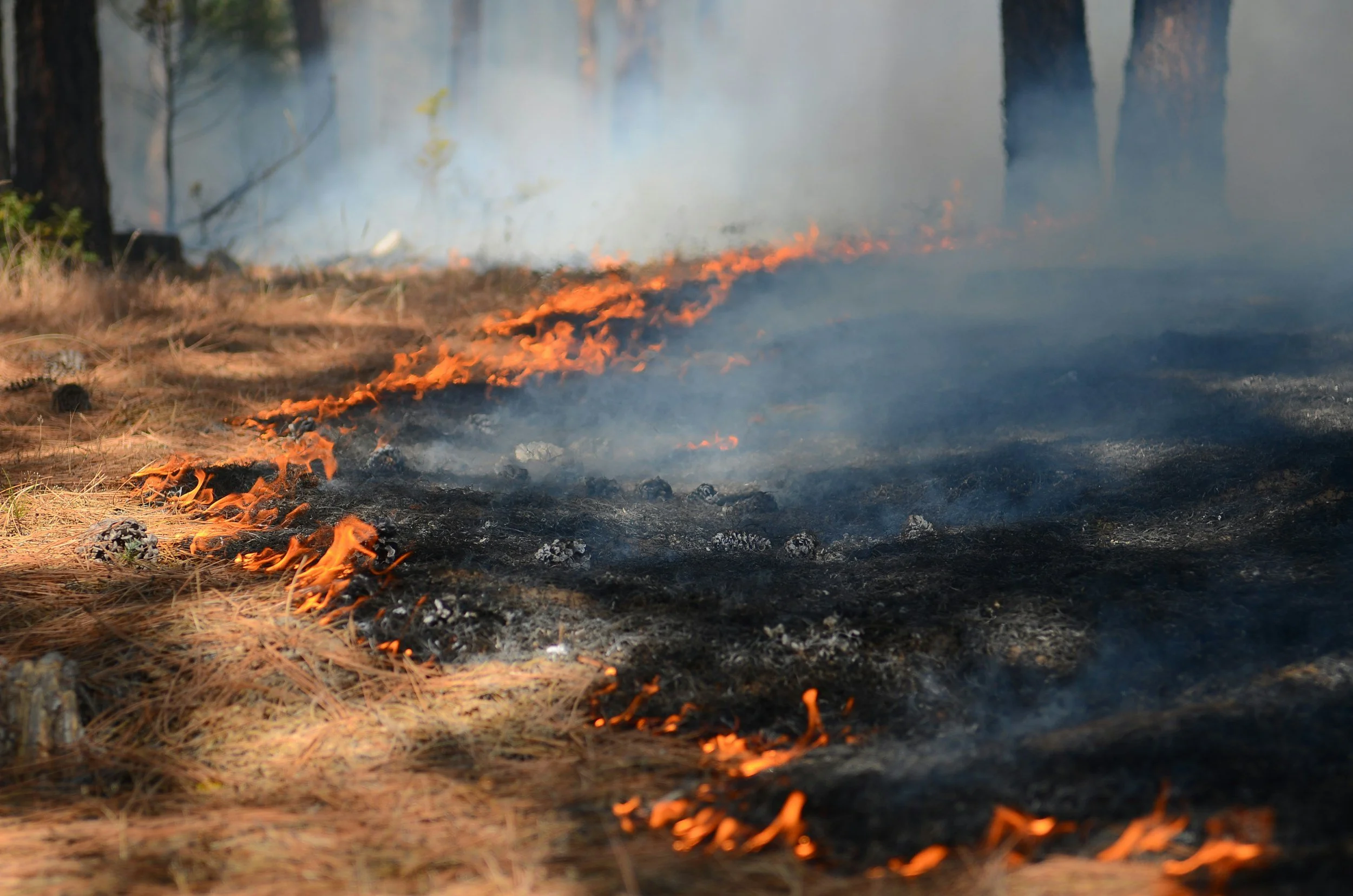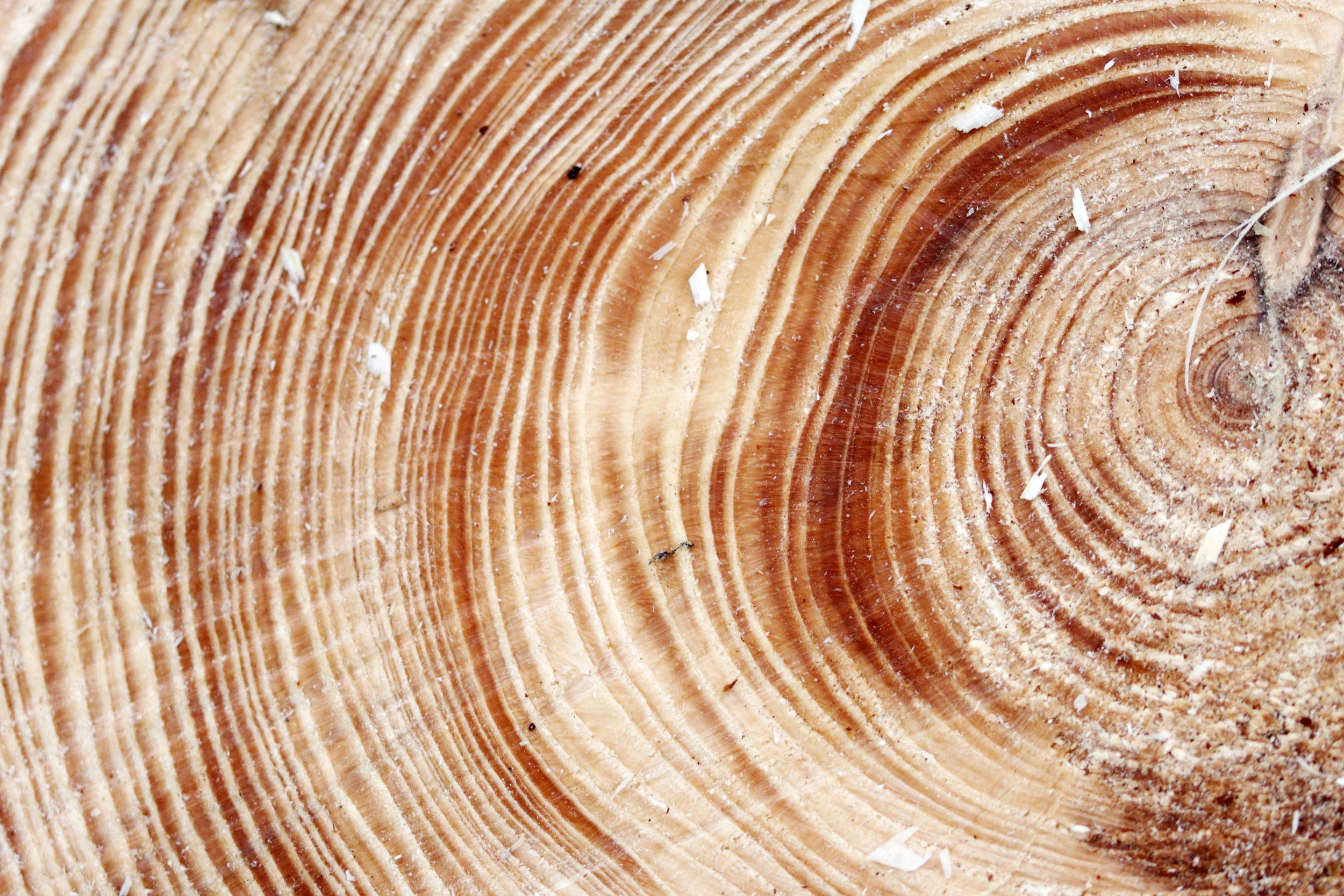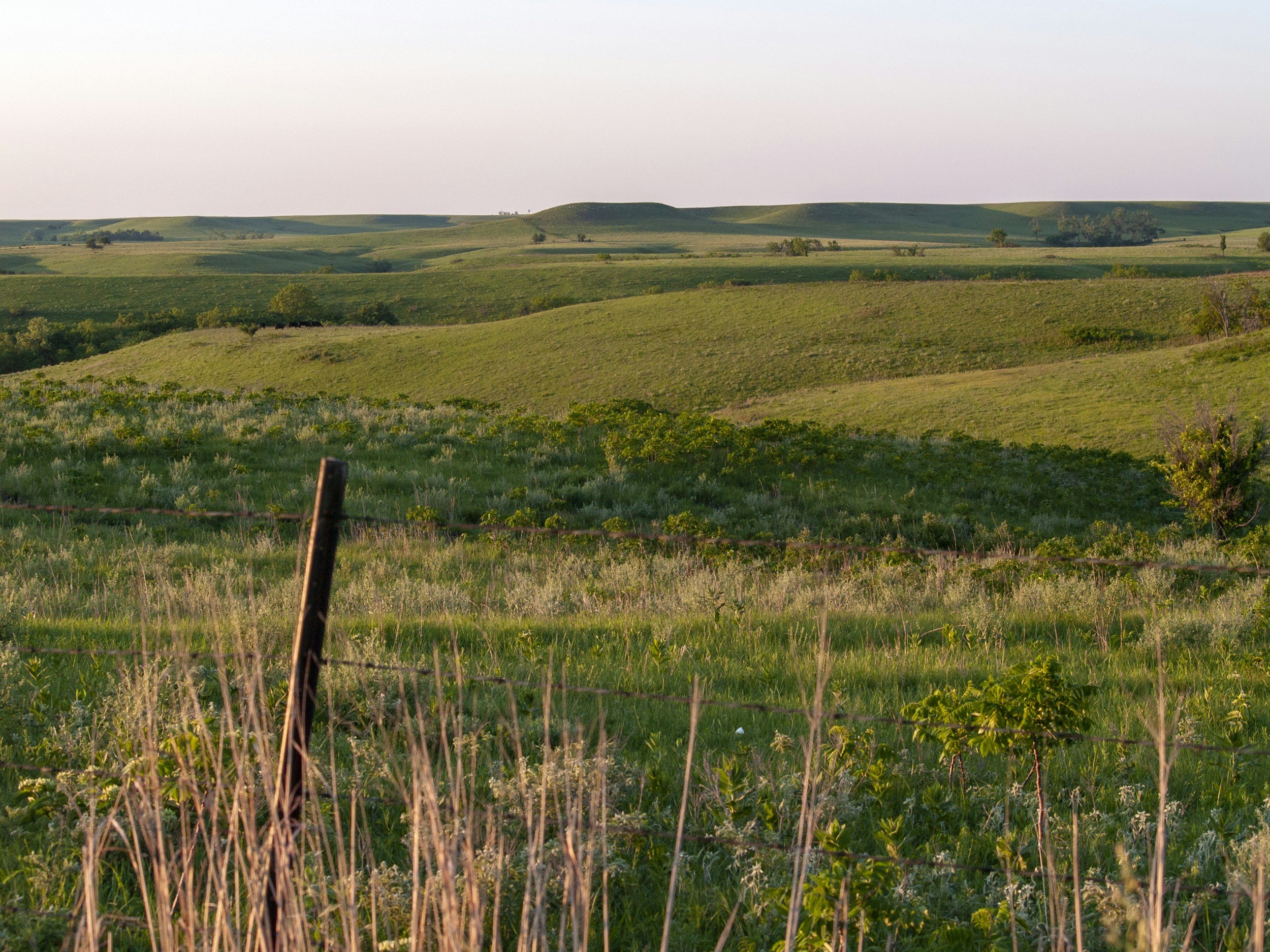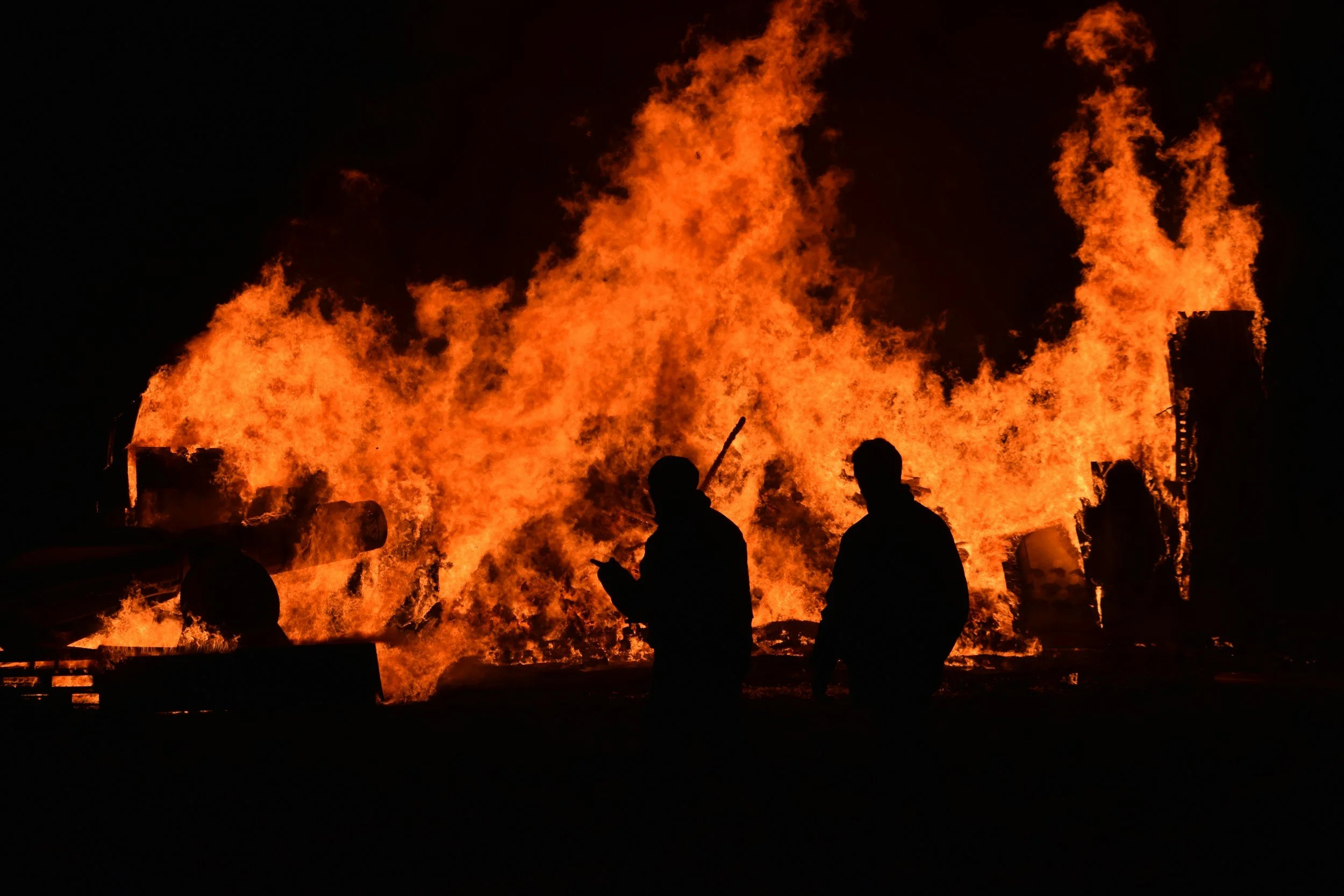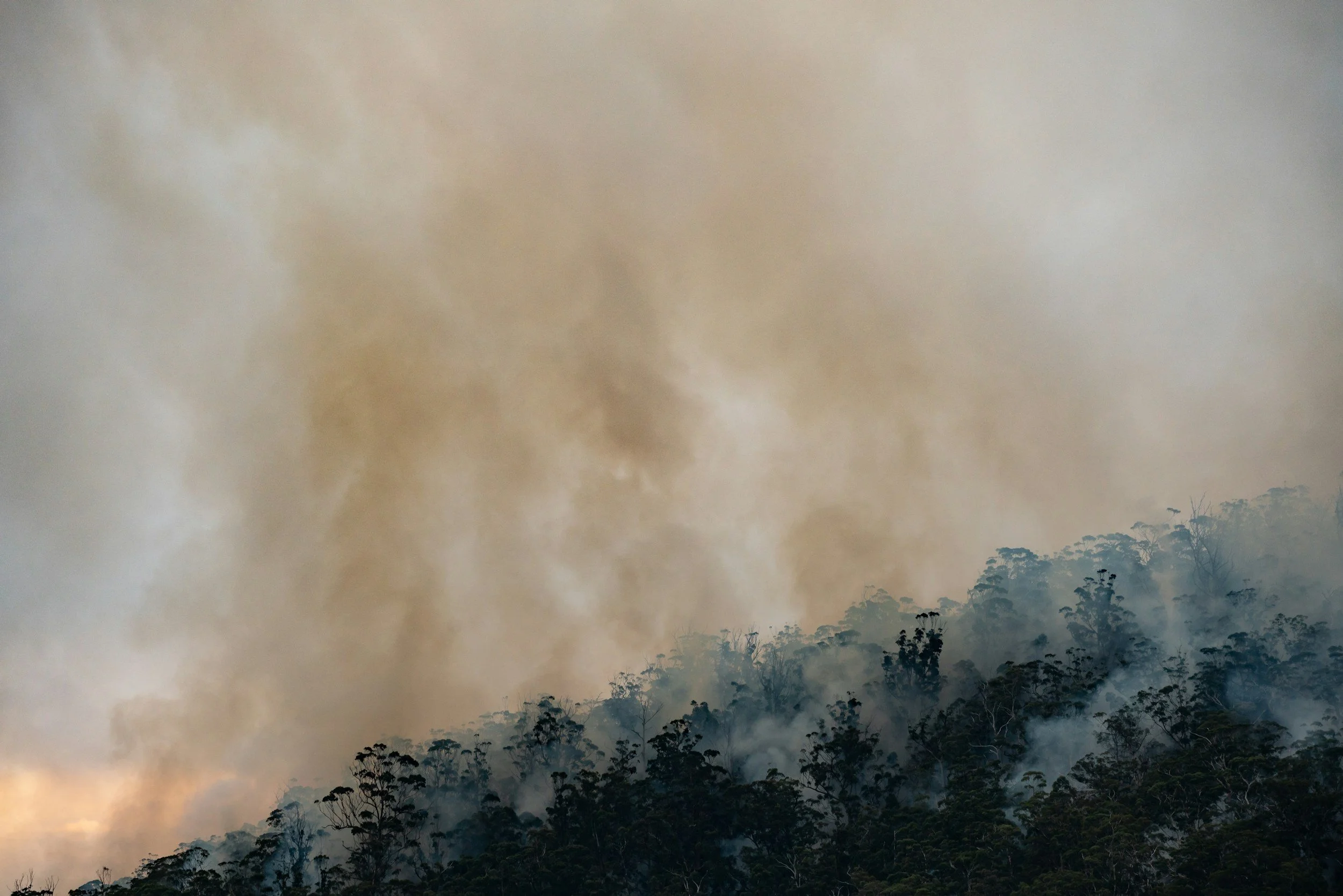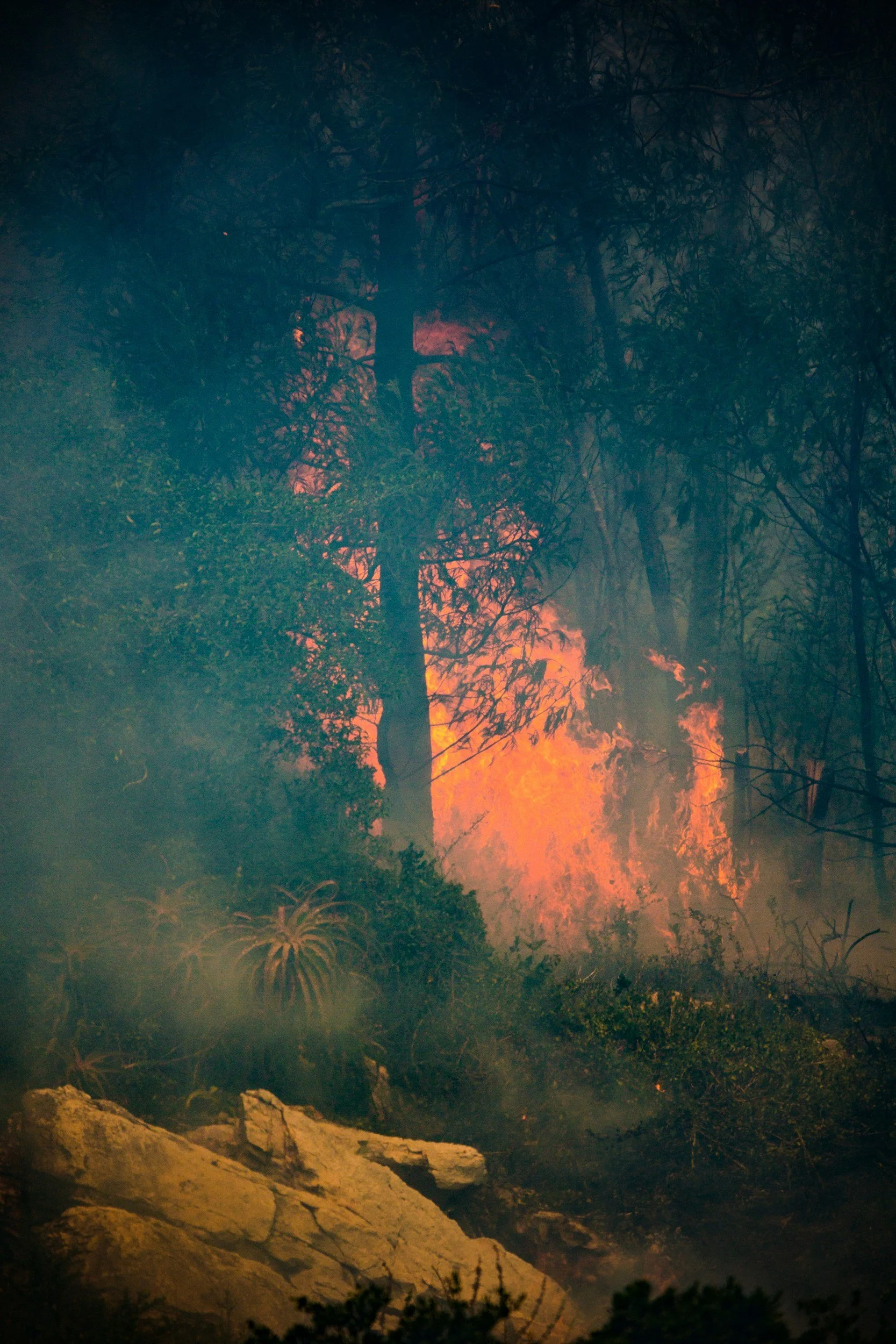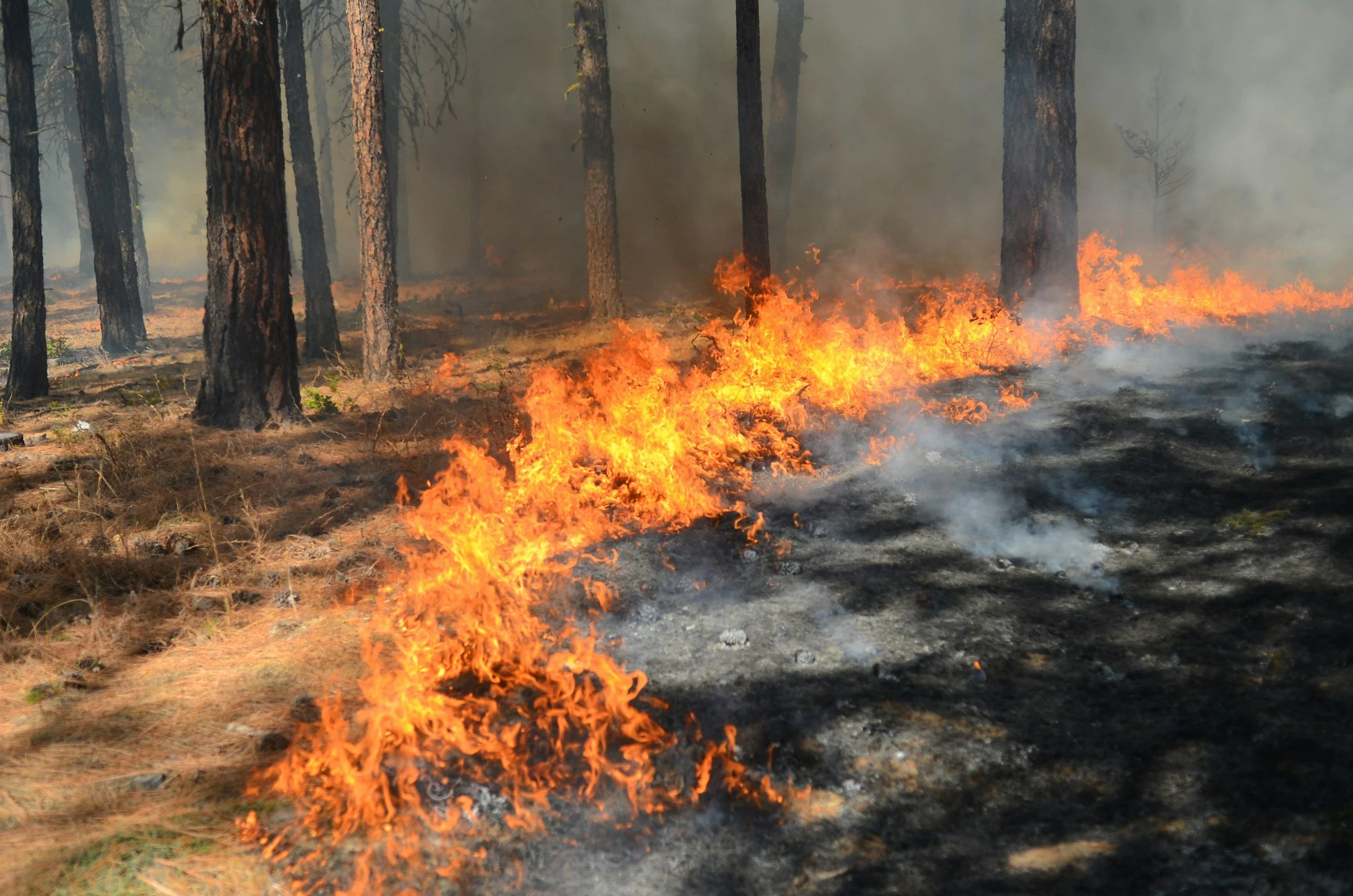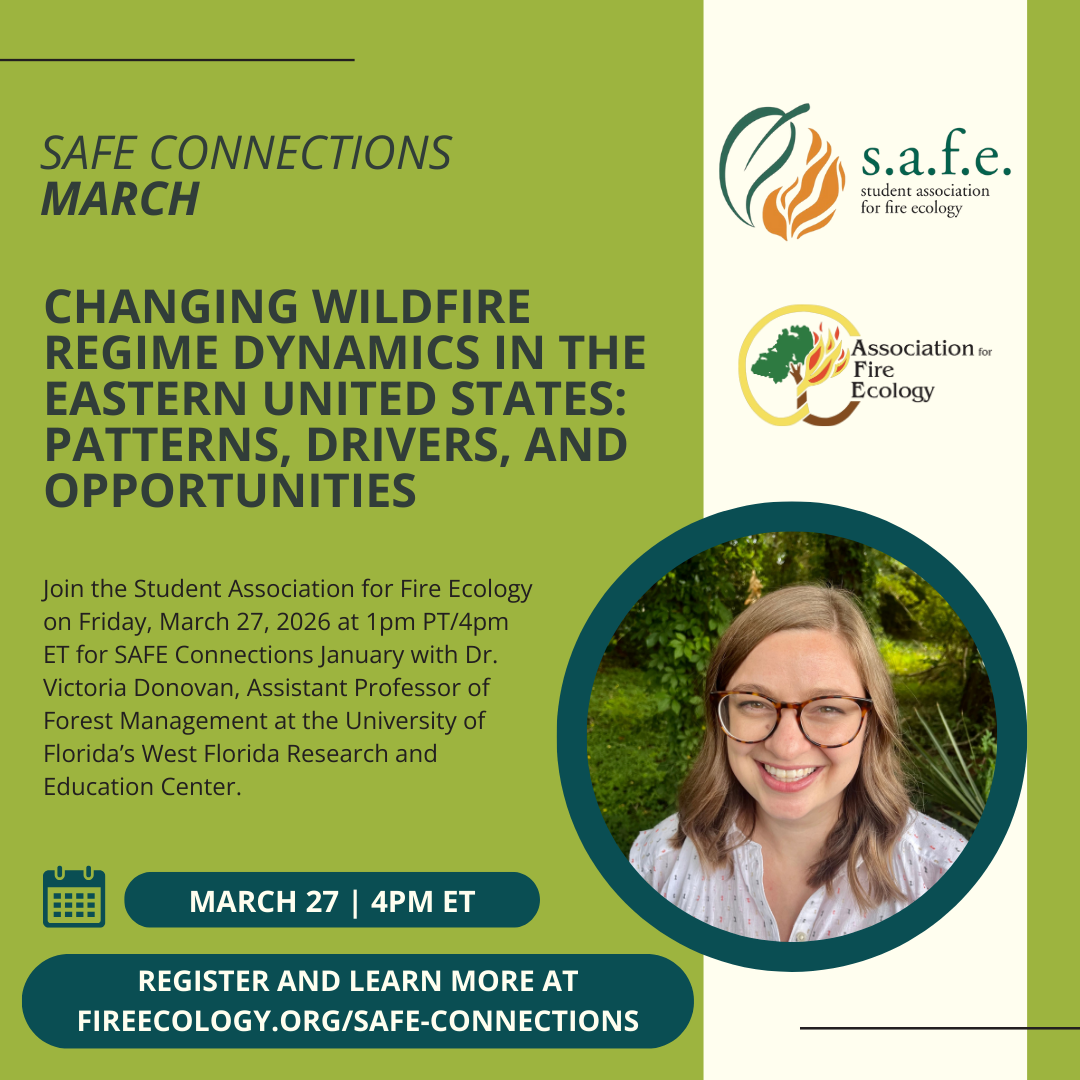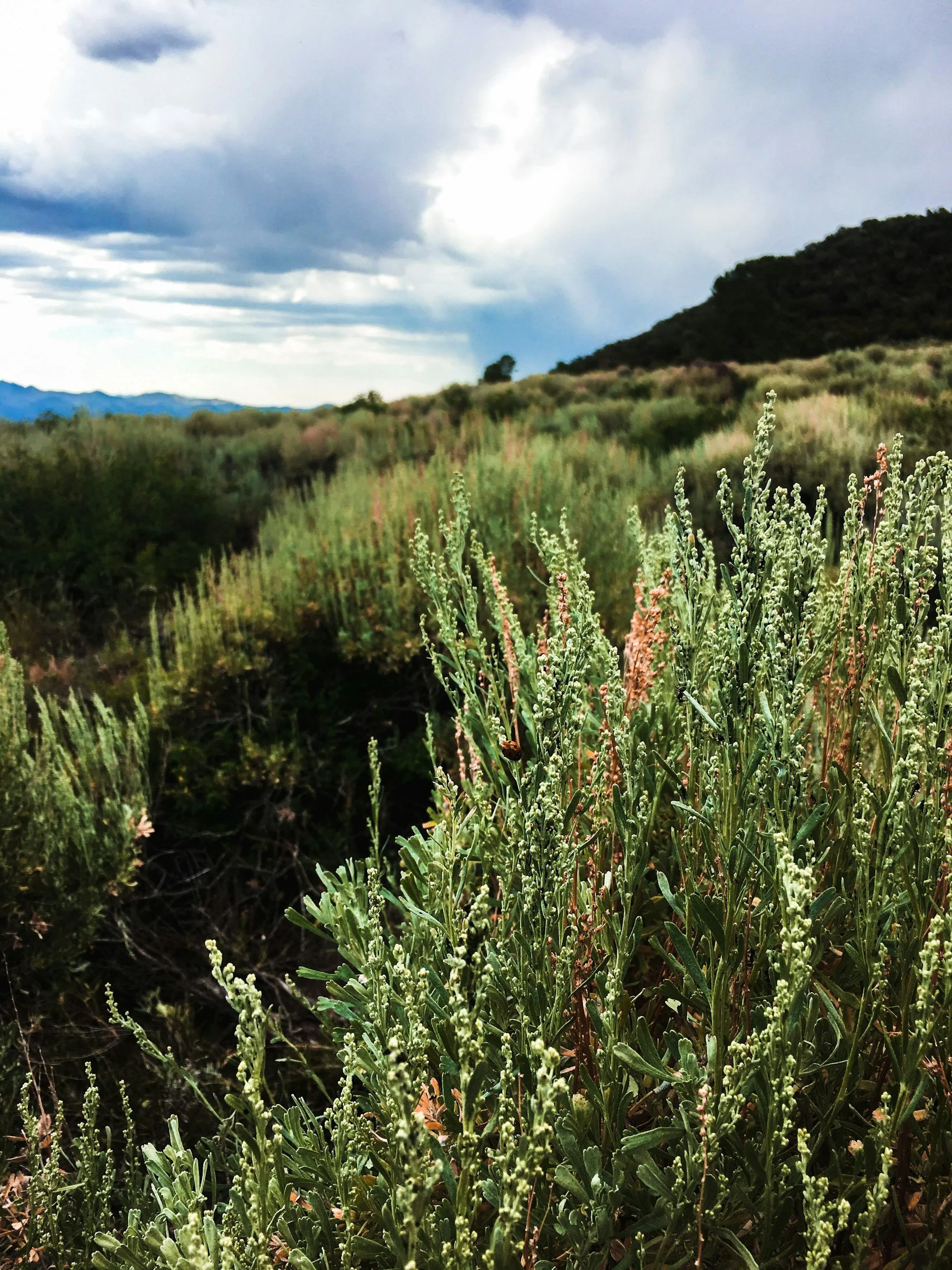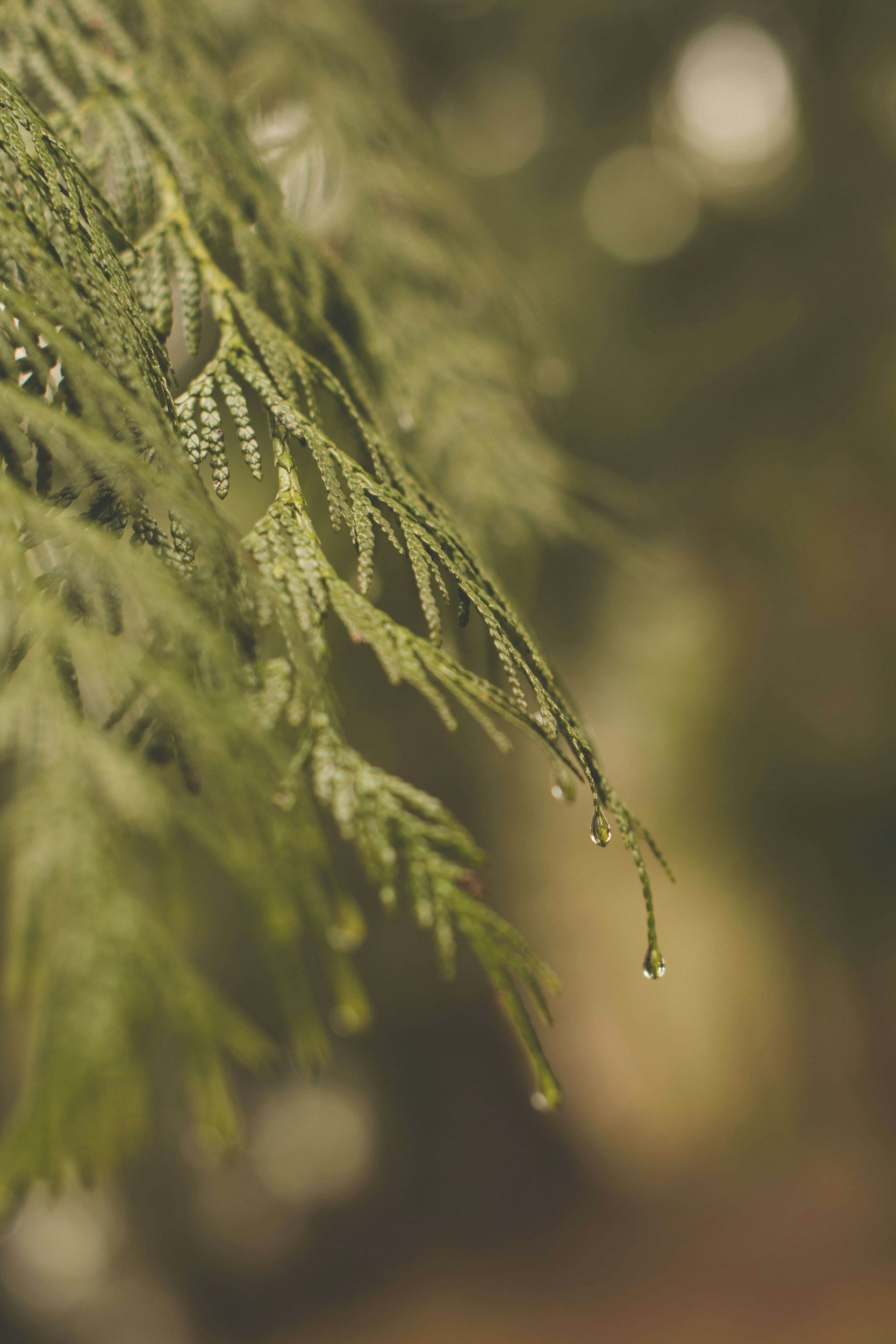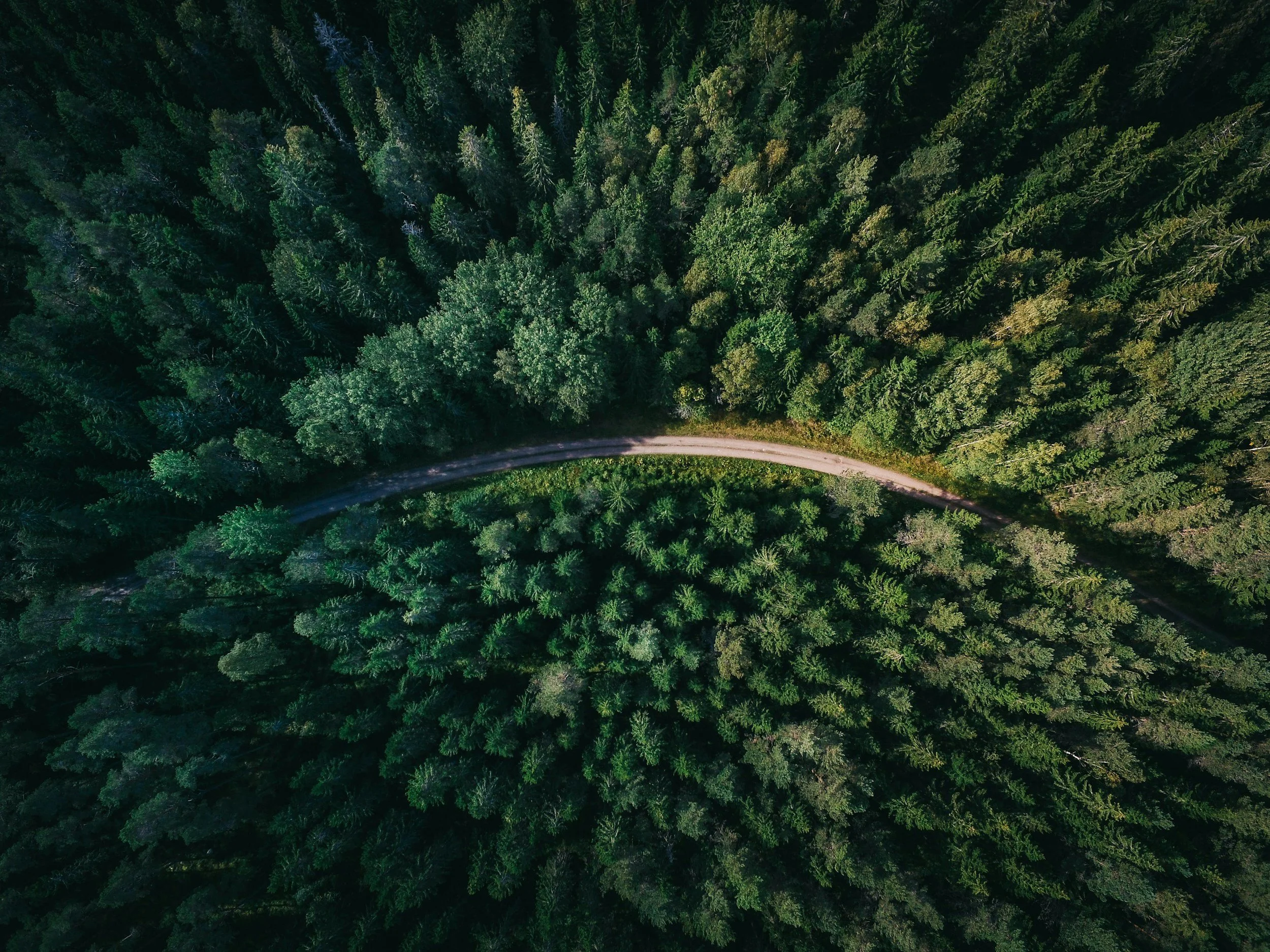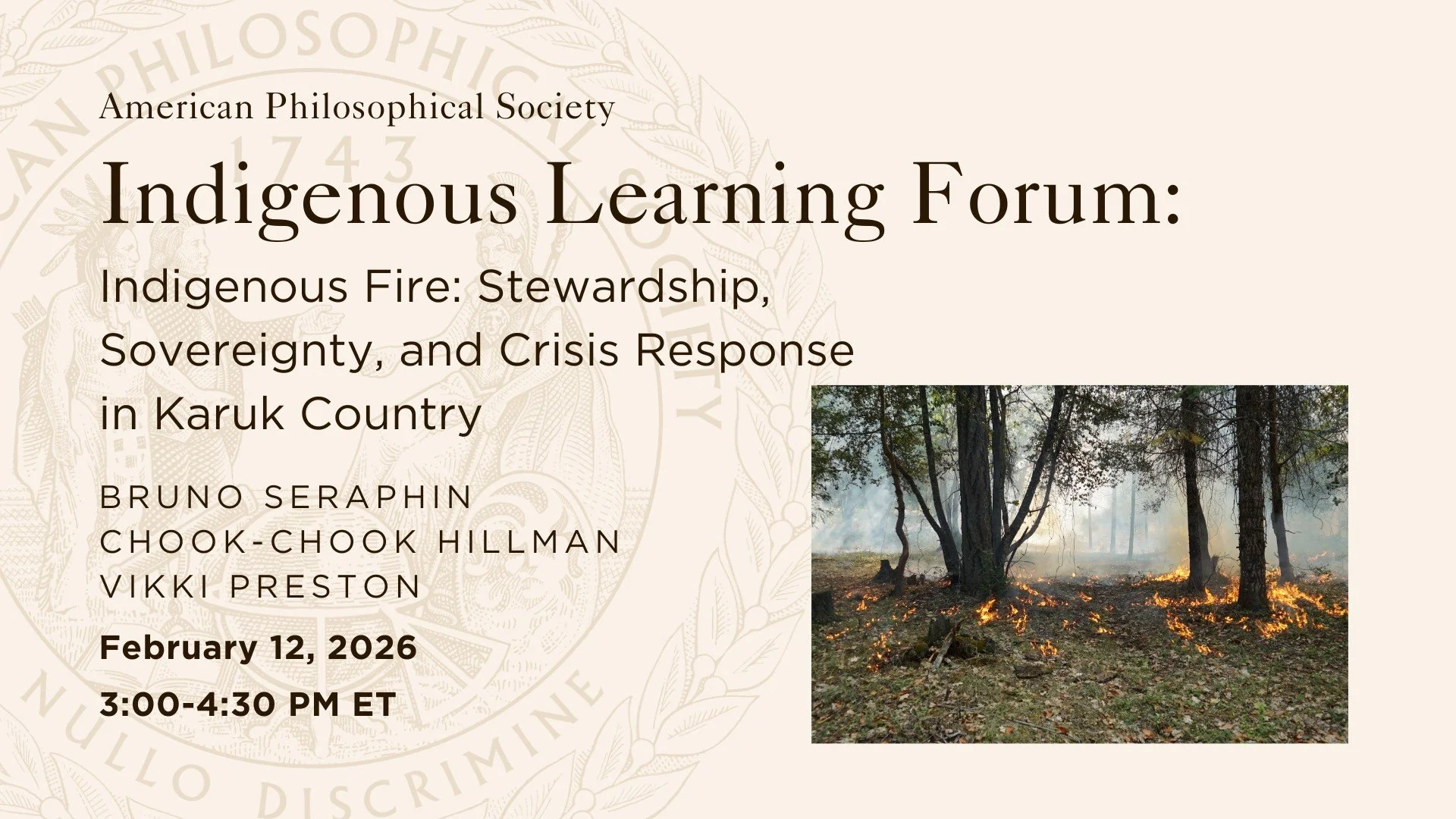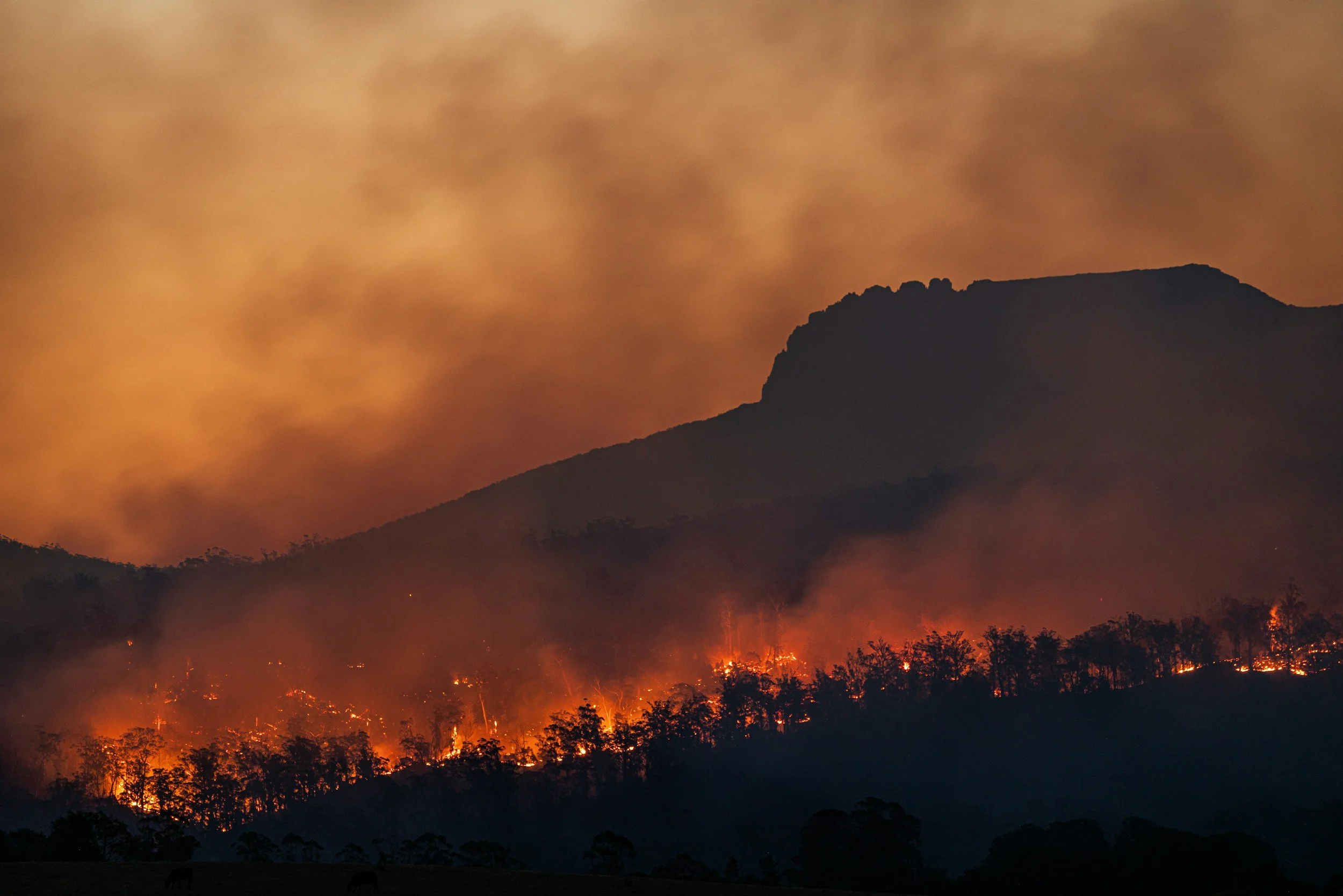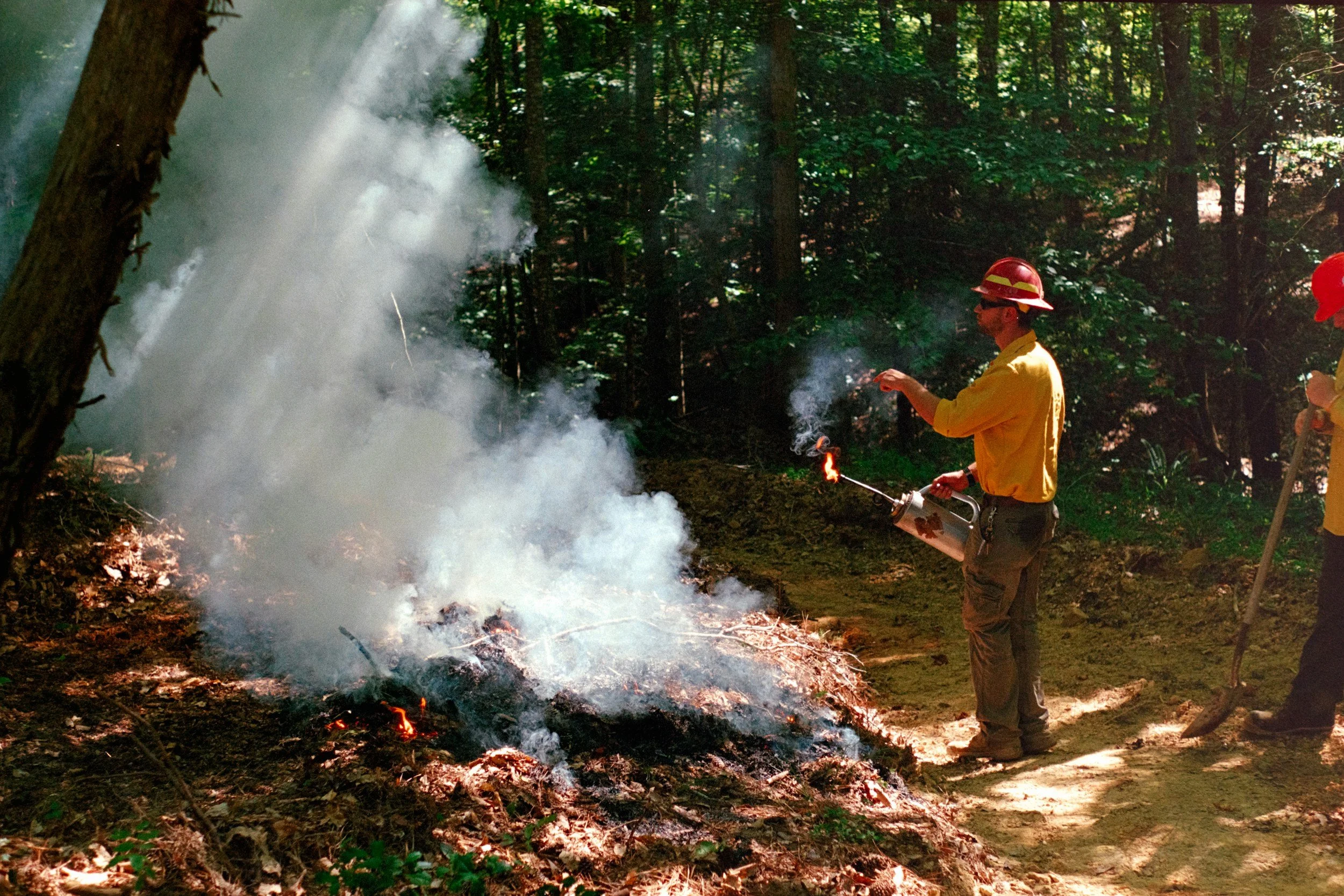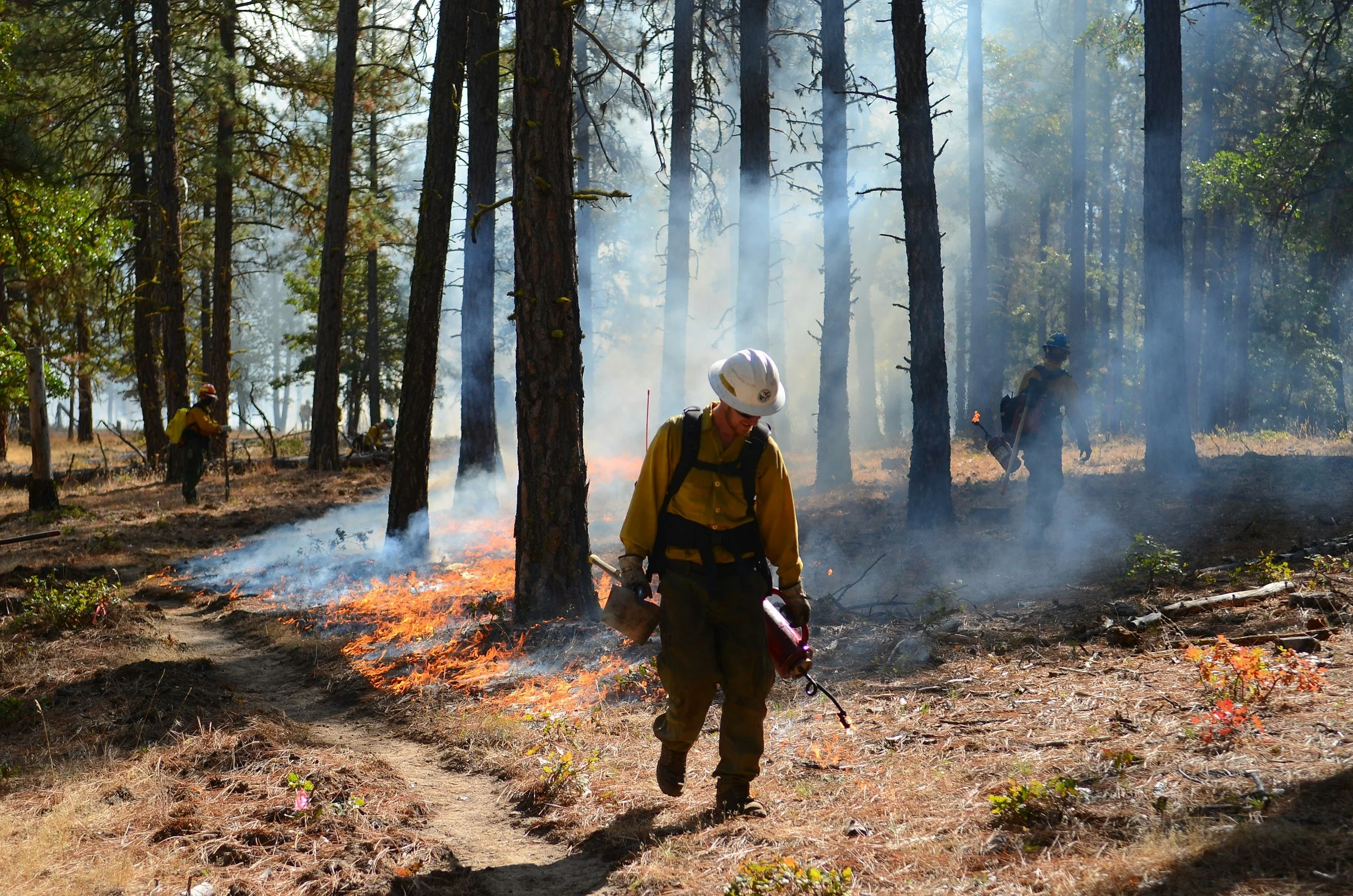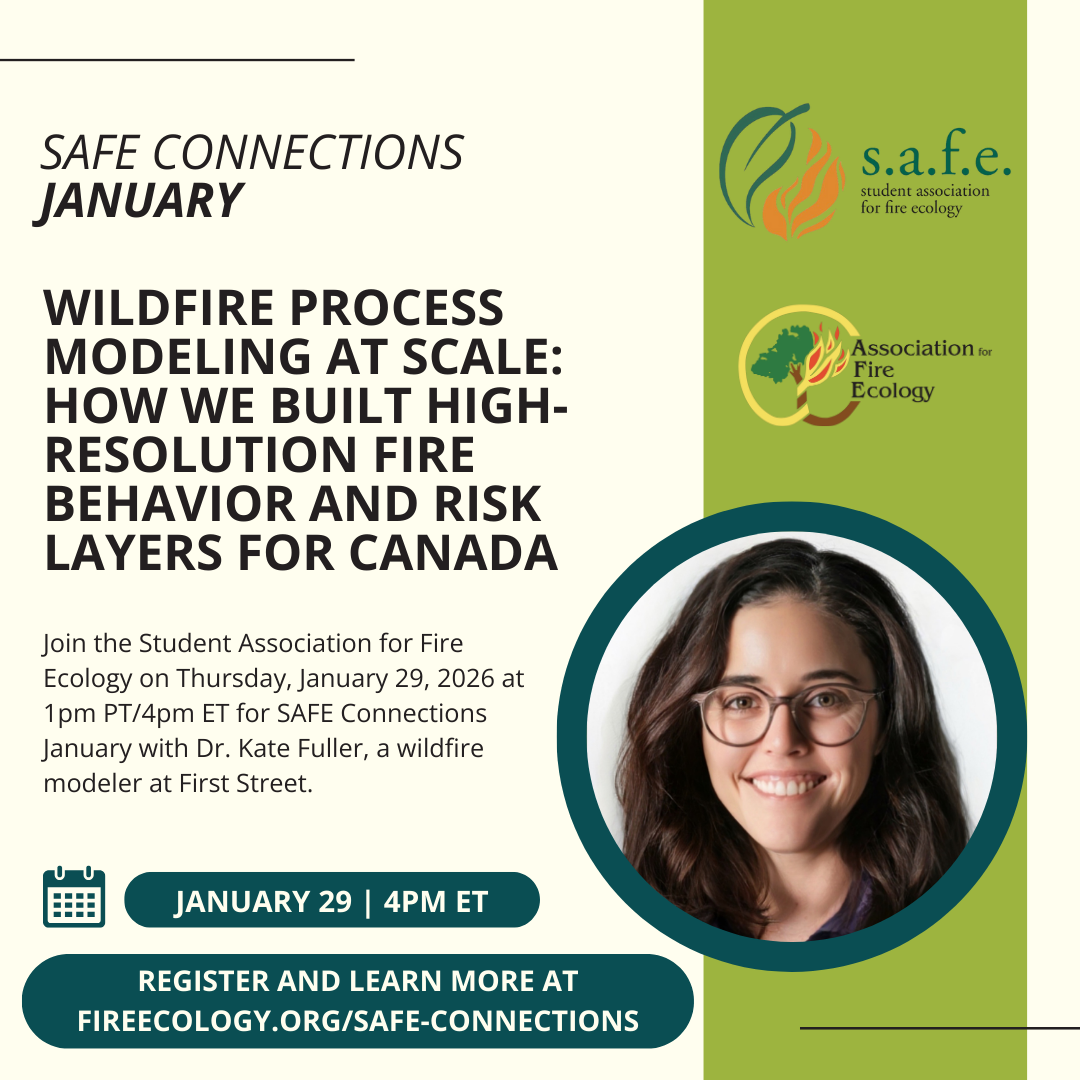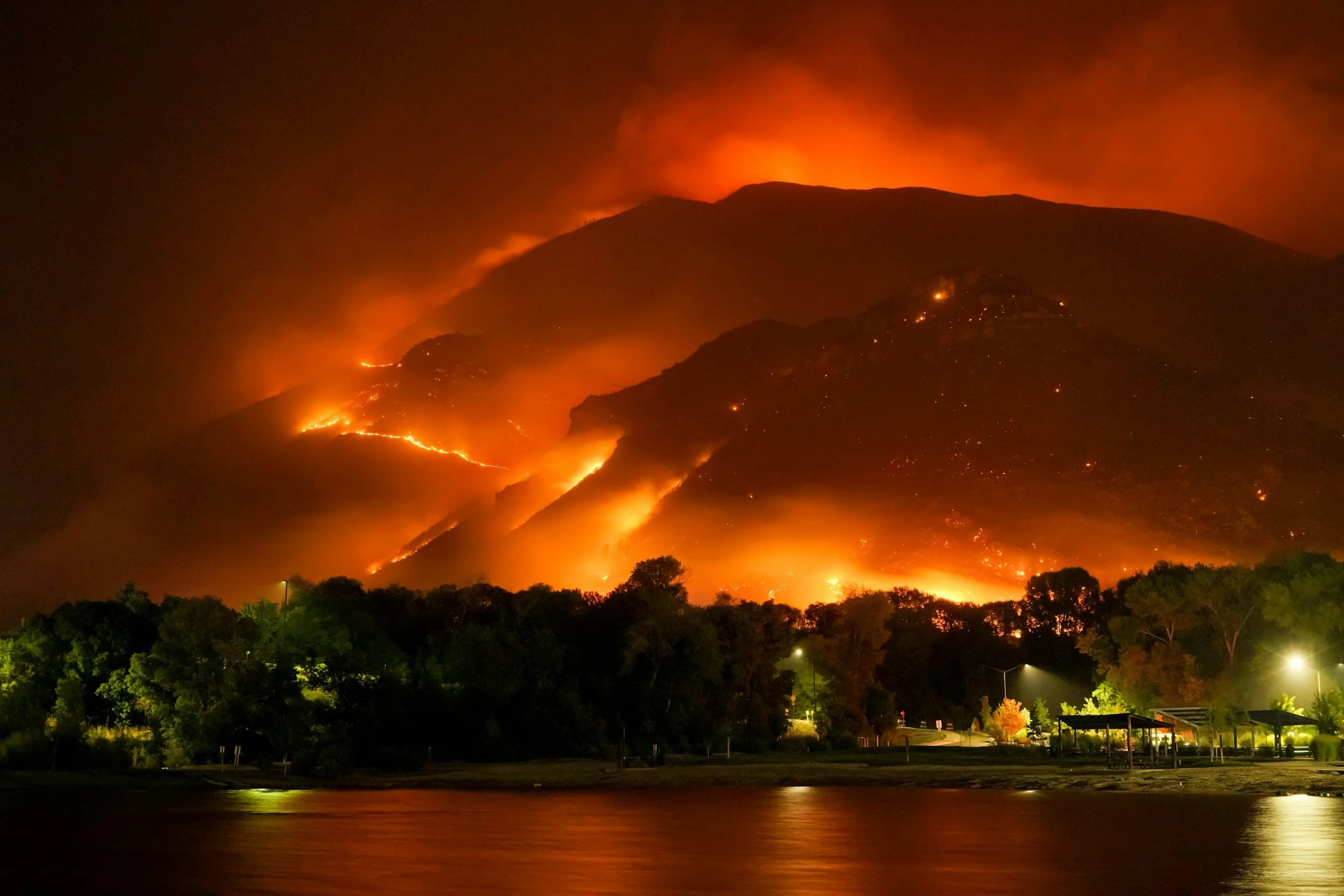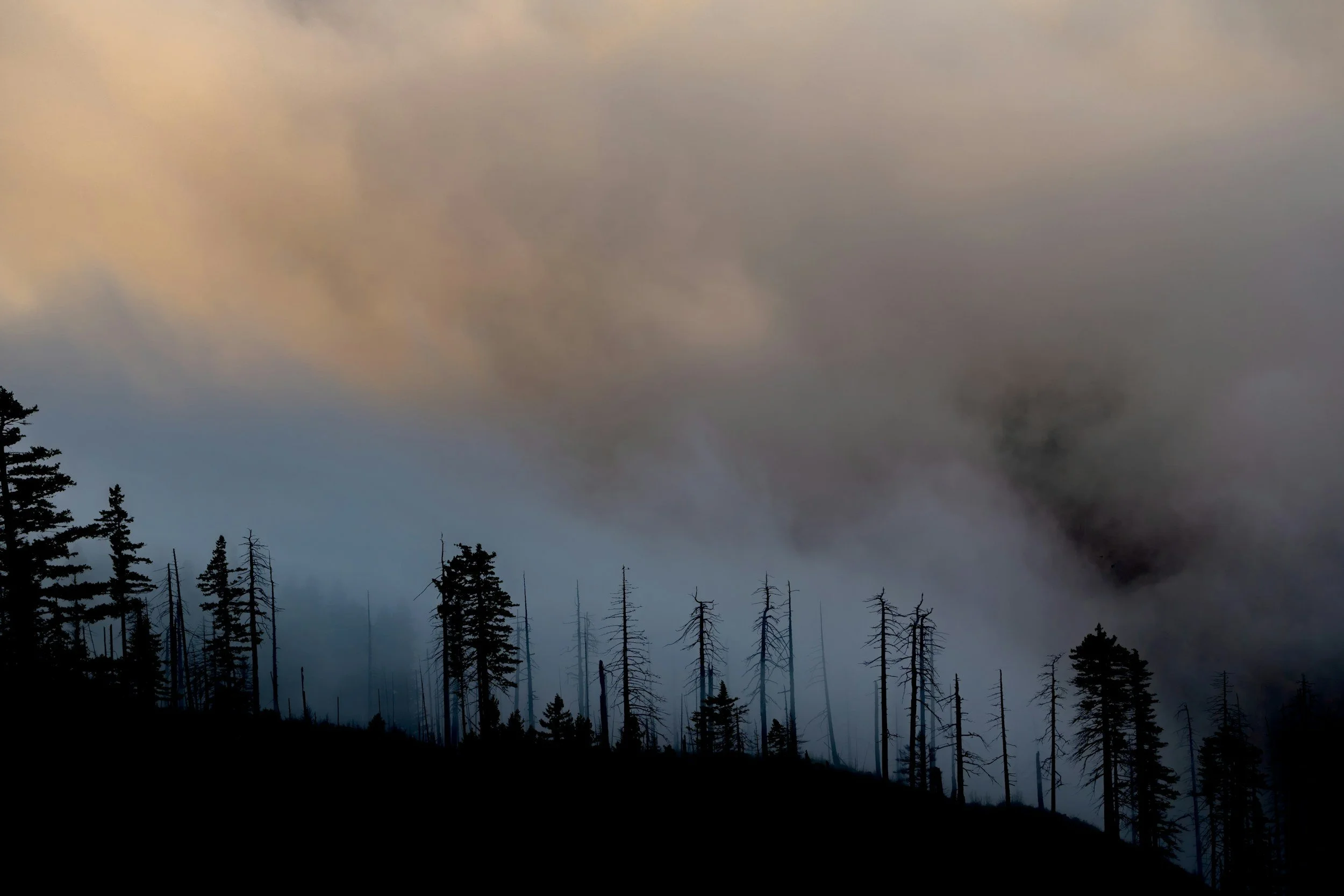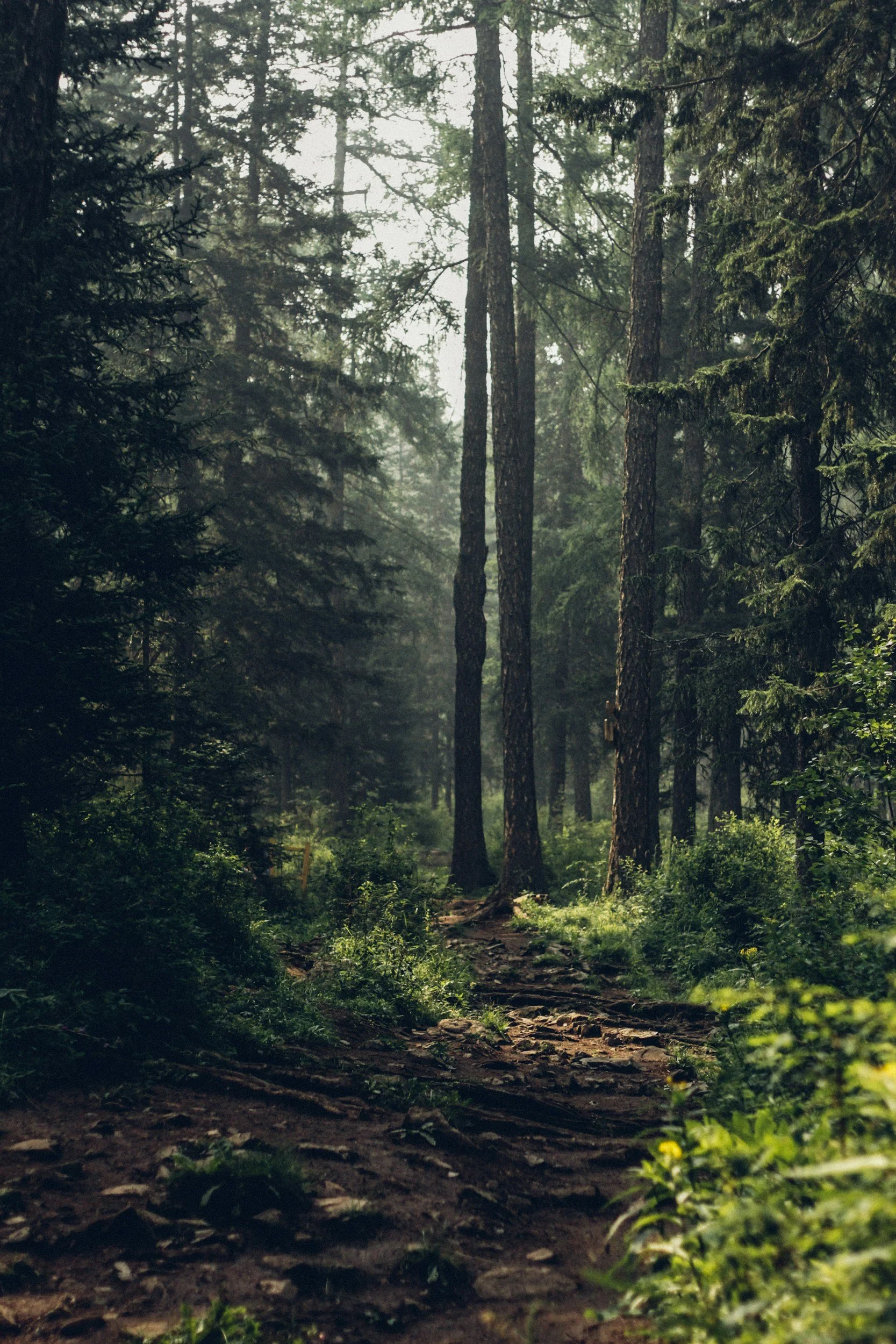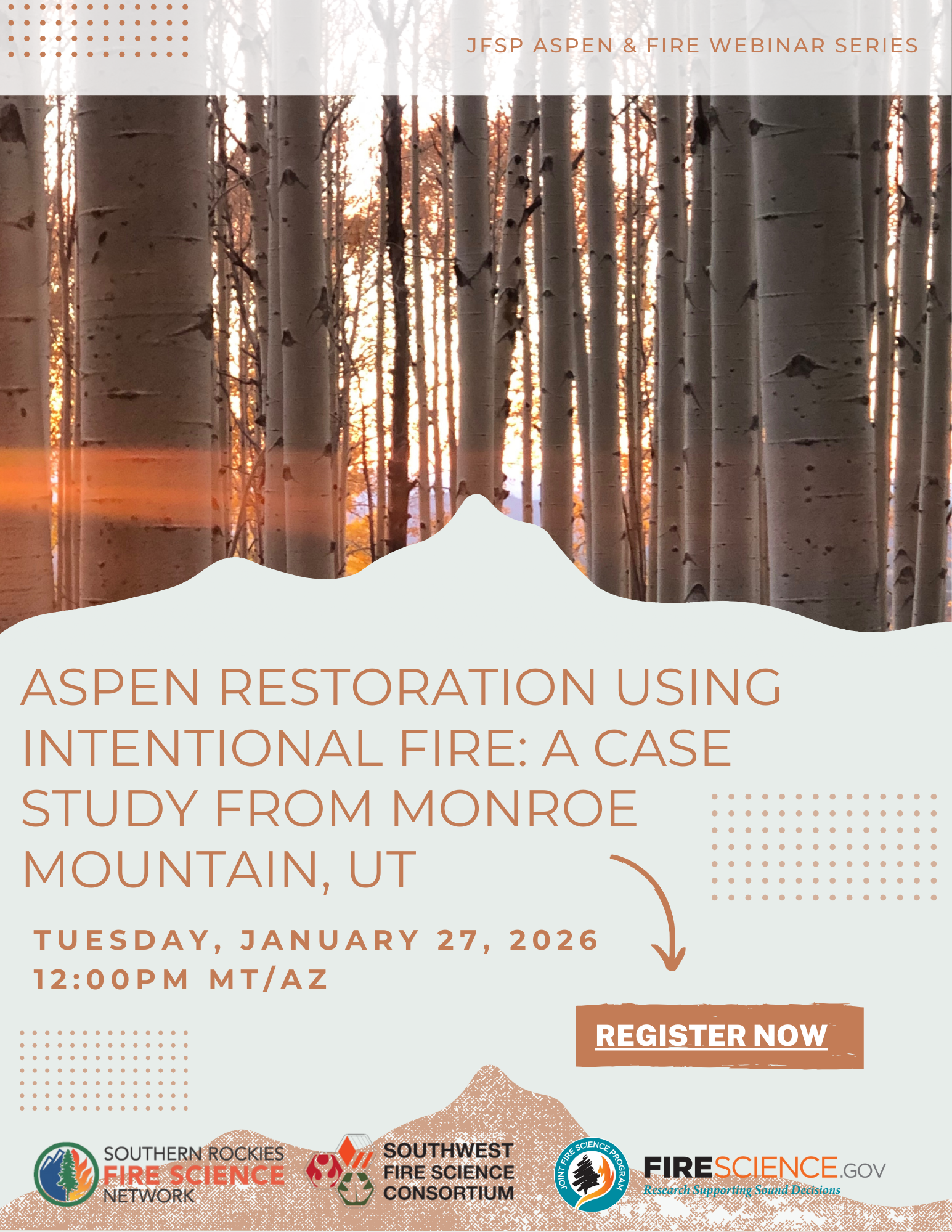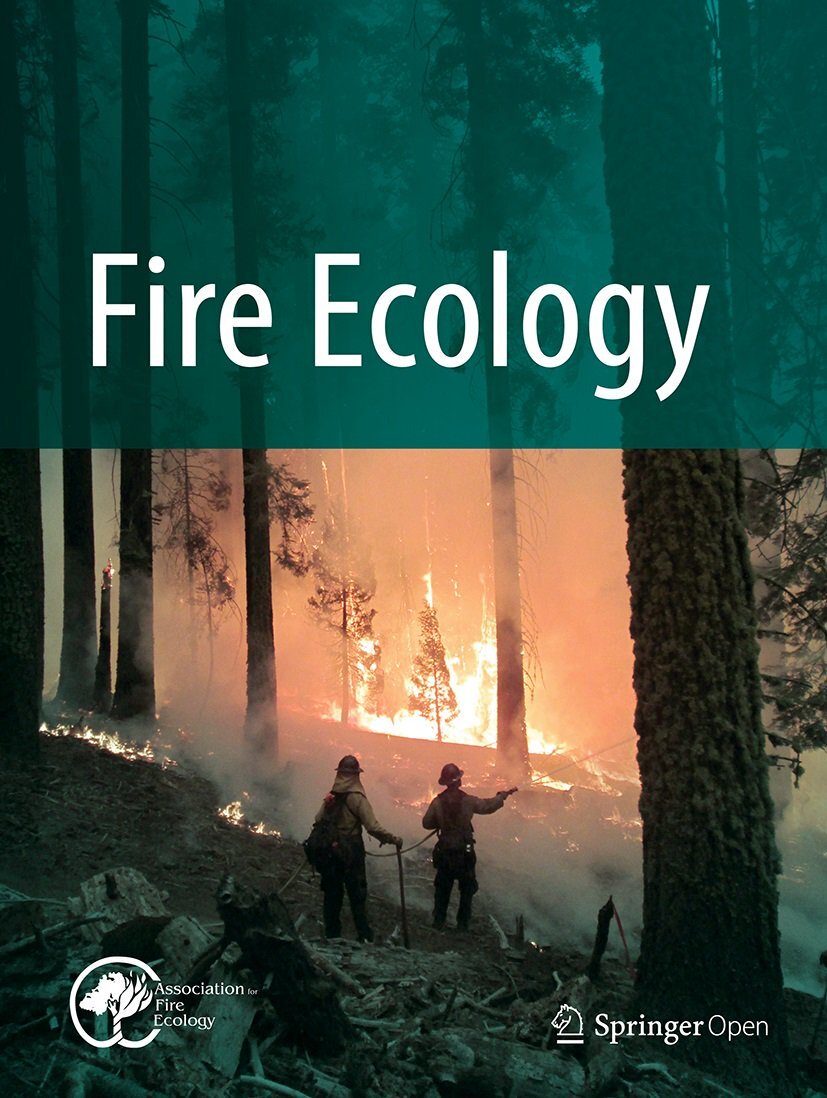Harnessing the Data Revolution for Fire Science - Webinar and Discussion
Tuesday, march 3 at 2:00pm ET
Students will have 15 mins each to present their research on three topics from the Desert Research Institute’s Harnessing the Data Revolution for Fire Science (HDRFS) project, followed by discussion. The topics and presenters are:
Air quality and wildfire smoke - Bianca Martinez This talk shares results from experimental burning of Great Basin vegetation, including the type and amount of air pollutants released, and combustion conditions. The findings of this research are relevant to prescribed fire and fuel treatment planning, and improving smoke management and public warnings.
Technology for real-time monitoring over large distances - Jehren Boehm This work focuses real-time monitoring of air, snow, and soil conditions with greater spatial resolution and lower cost. By leveraging existing fire camera networks with robust power systems and reliable internet connectivity, widely distributed low-cost wireless sensors can fill knowledge gaps that would otherwise rely on modeling.
Post-fire soils and water repellency - Conor Croskery This research is focused on determining if water repellent soils are present in sagebrush ecosystems before wildfire, how the distribution of these soils changes after fire, and if there is a relationship between how much water can be stored in the soil if water repellent soils are present after fire.
